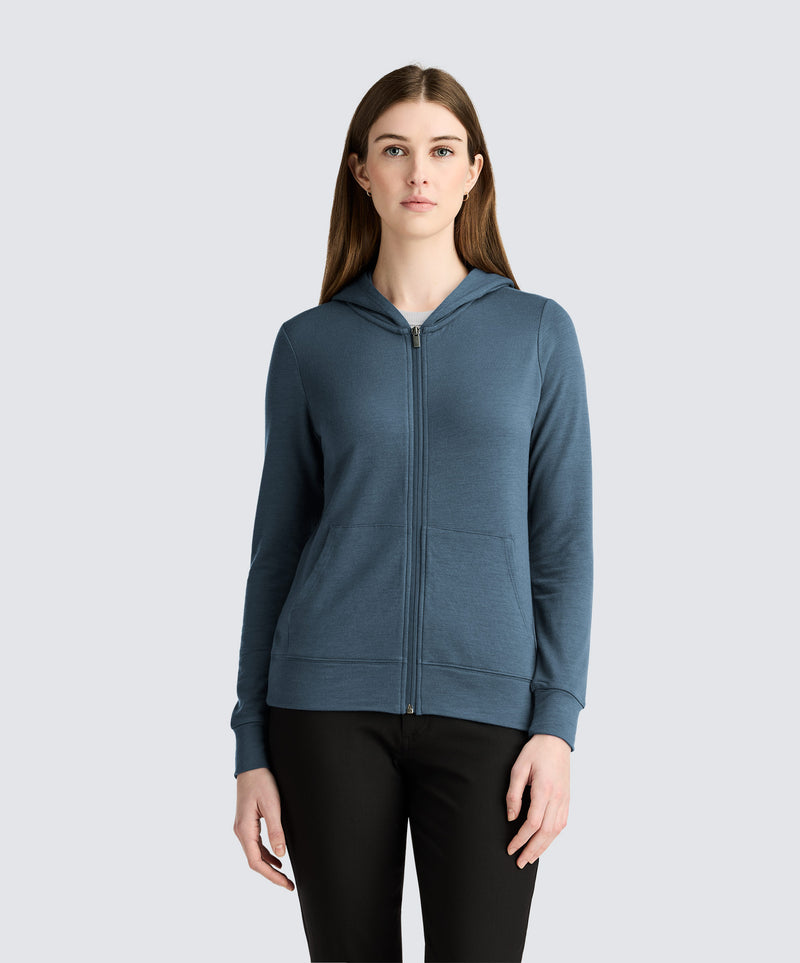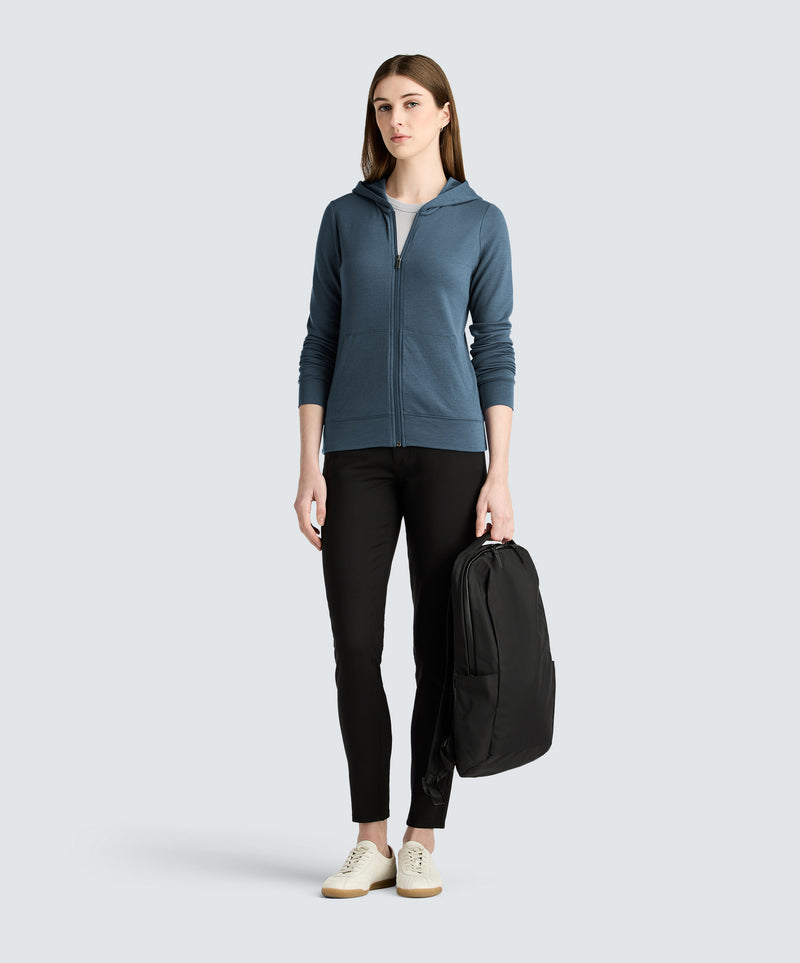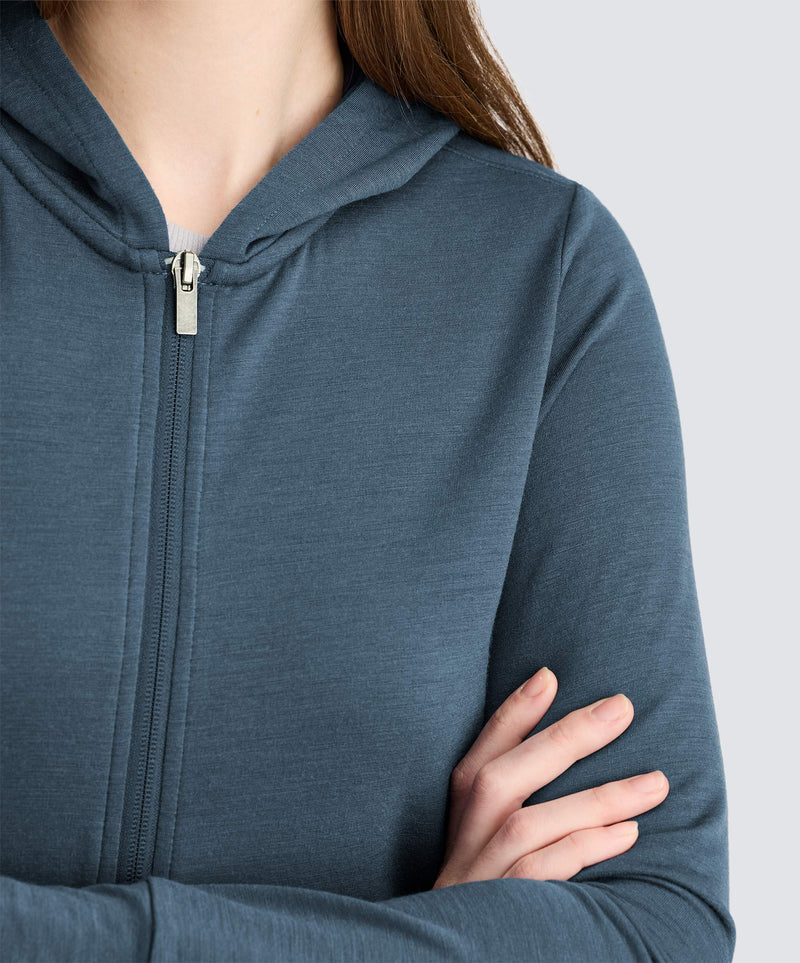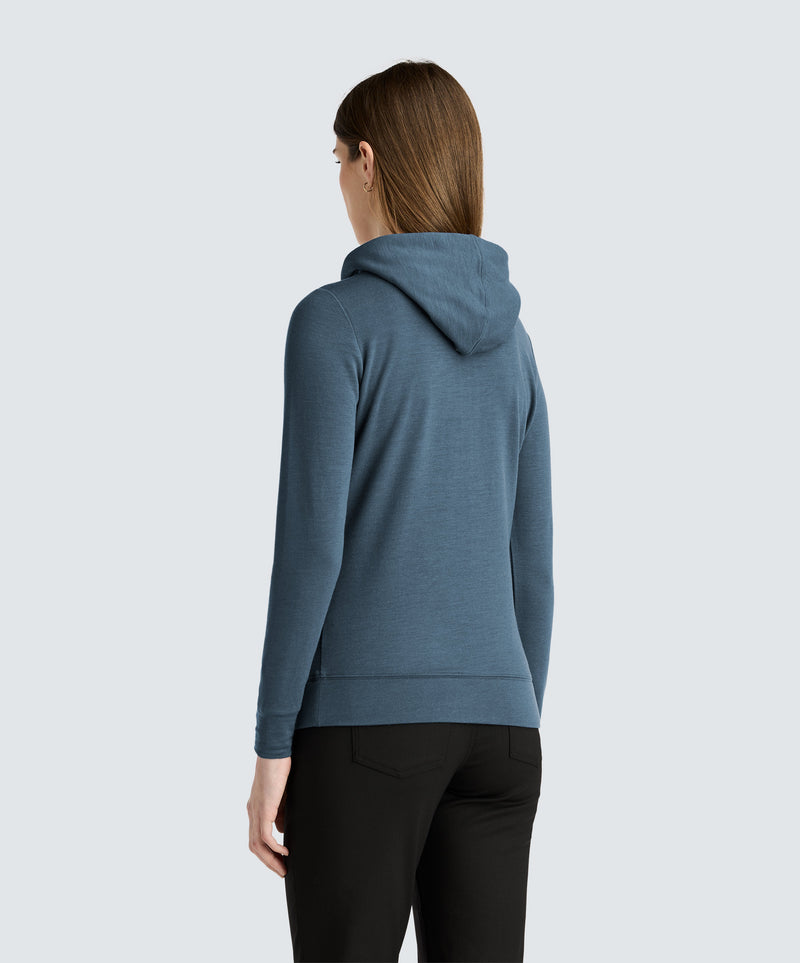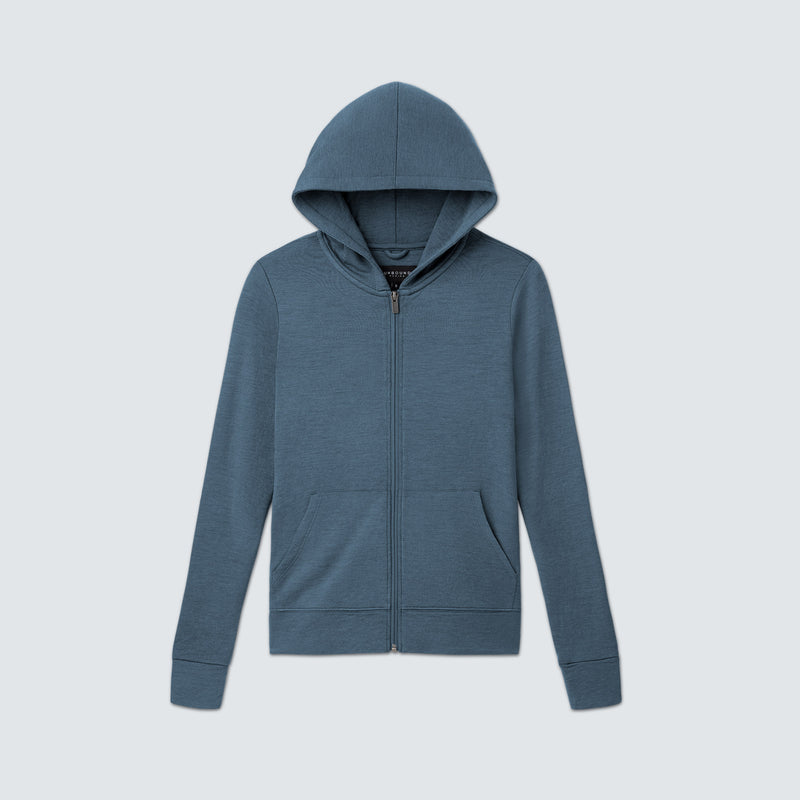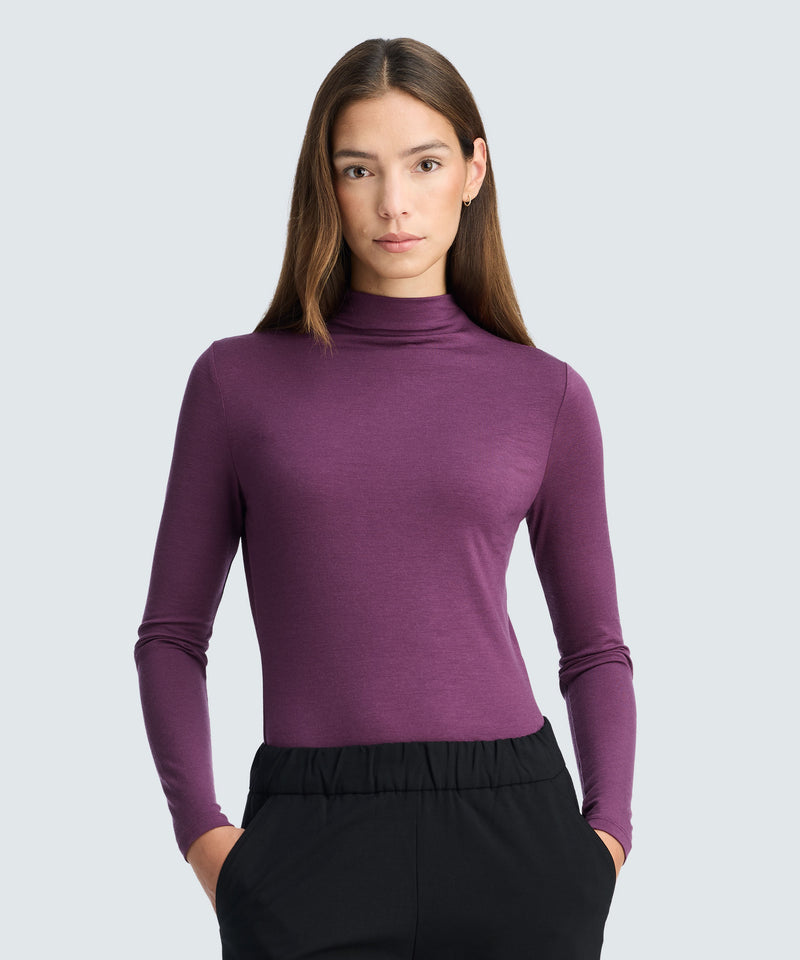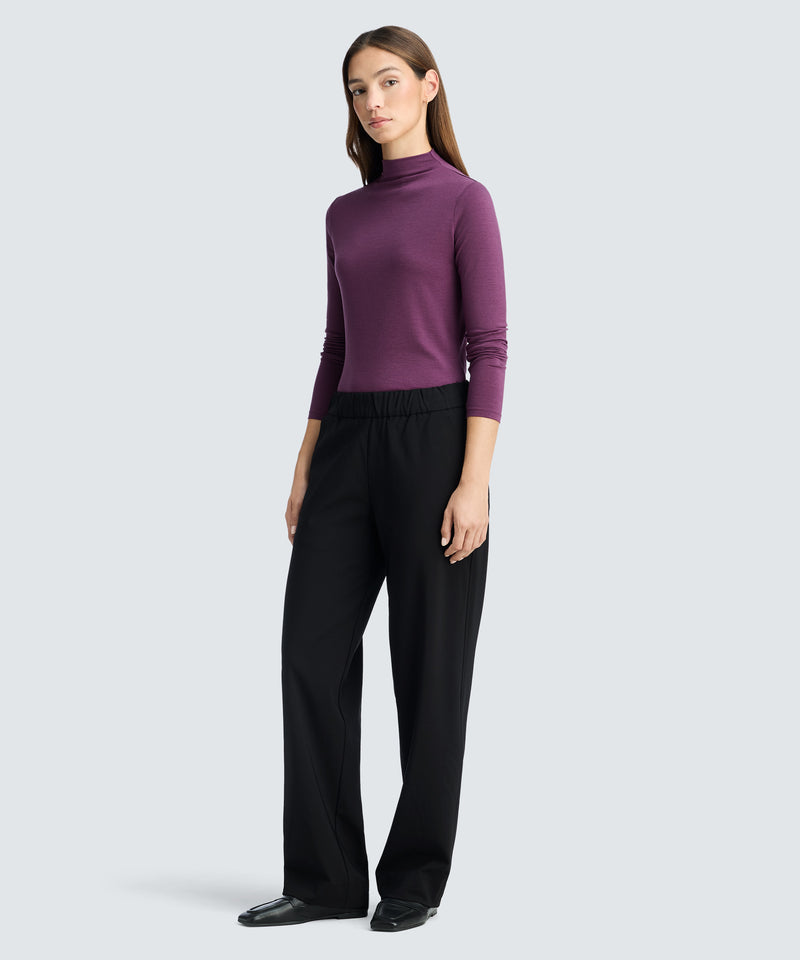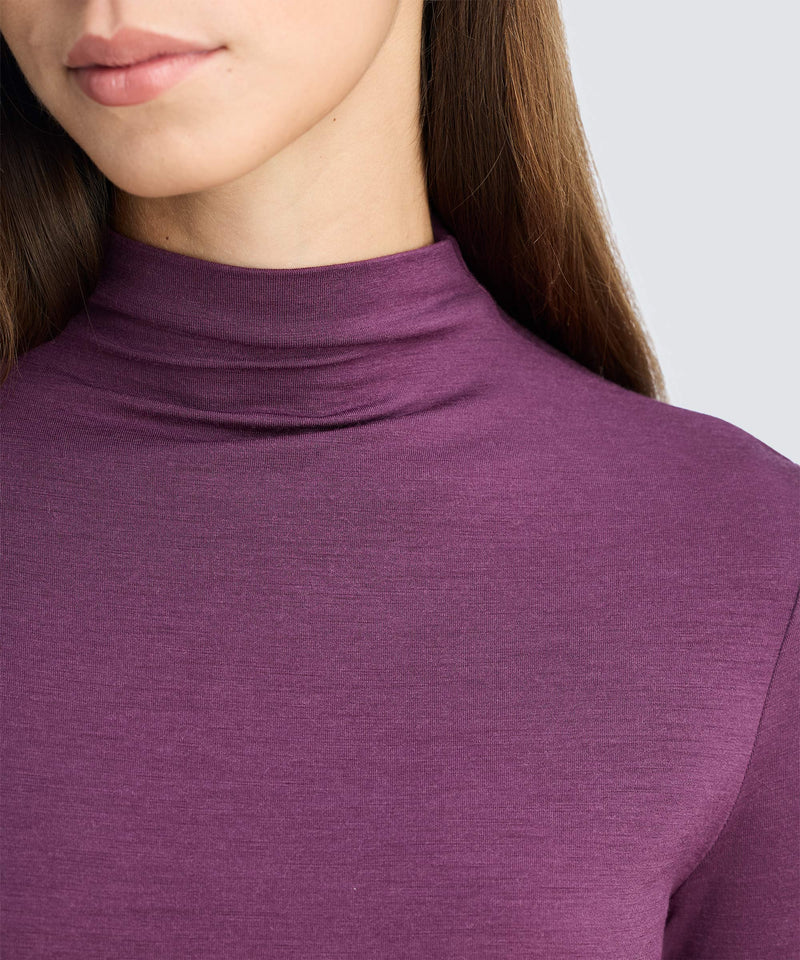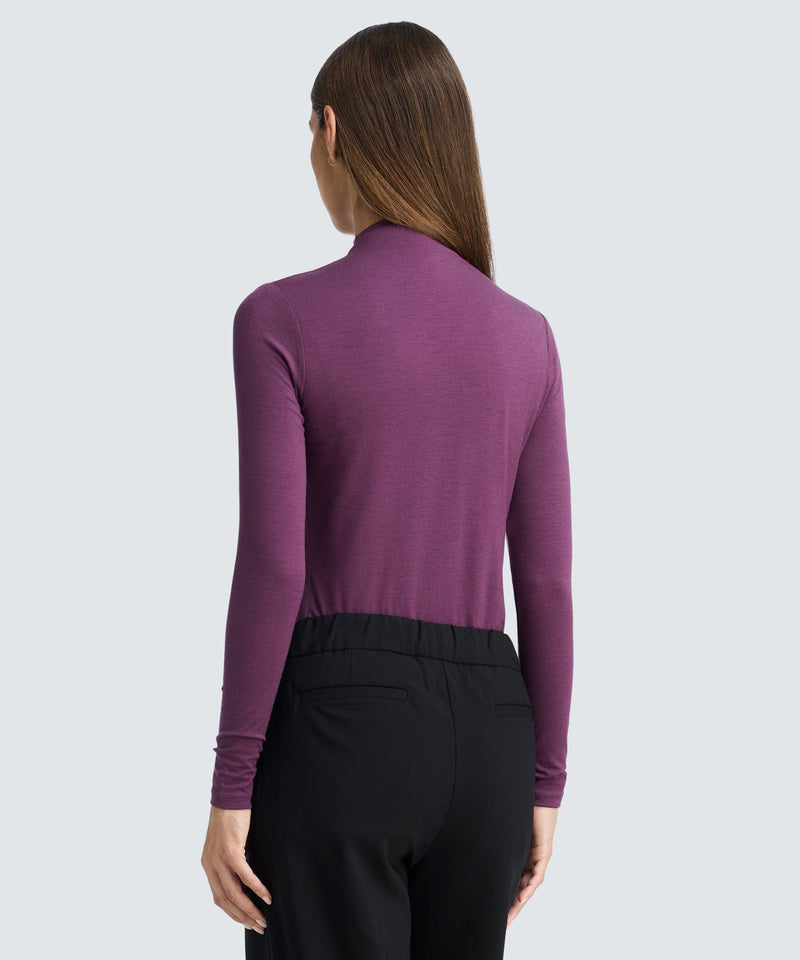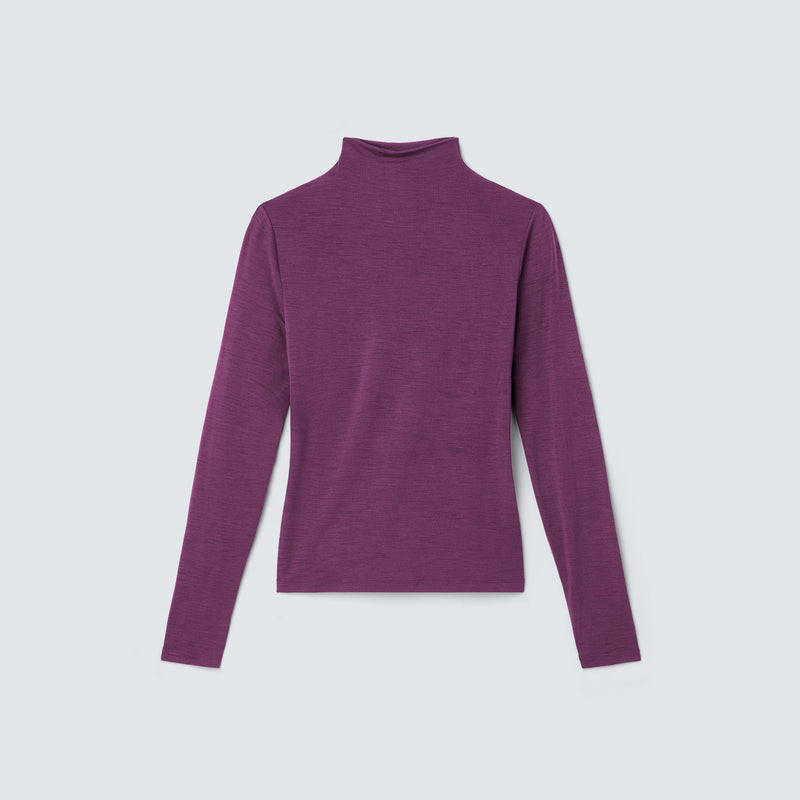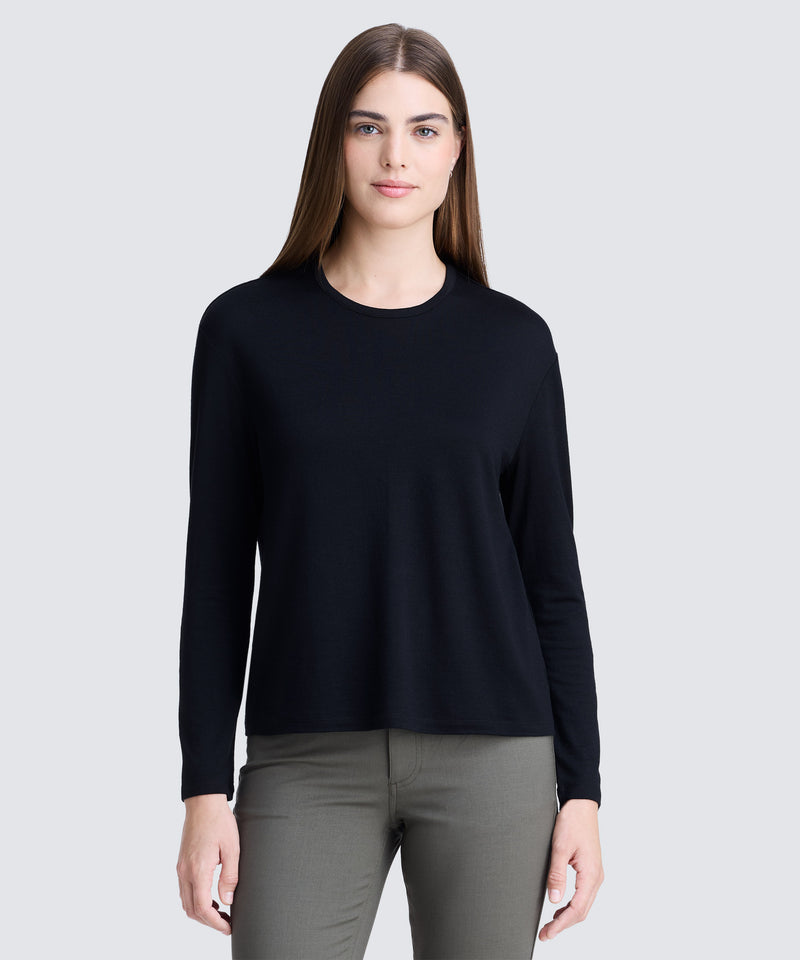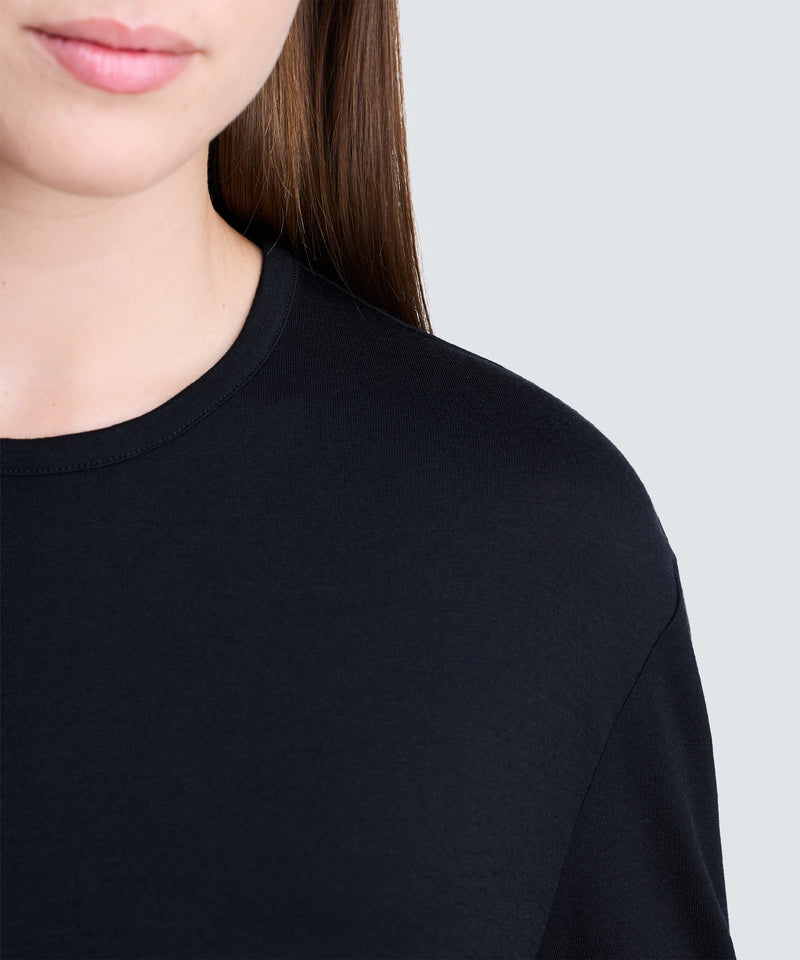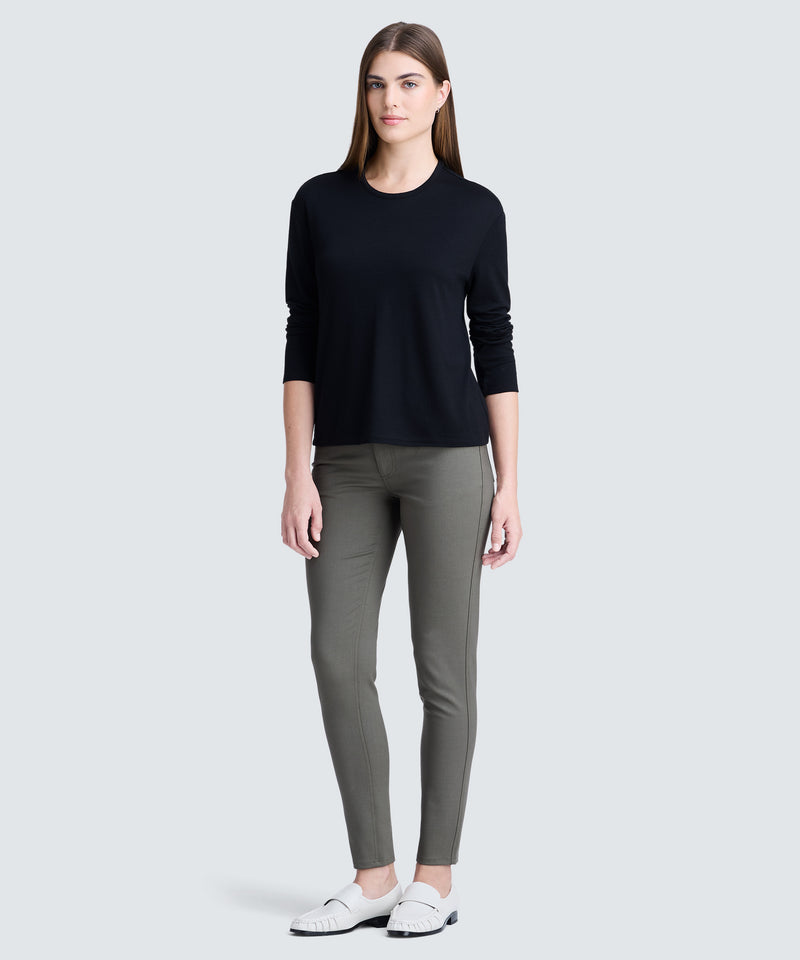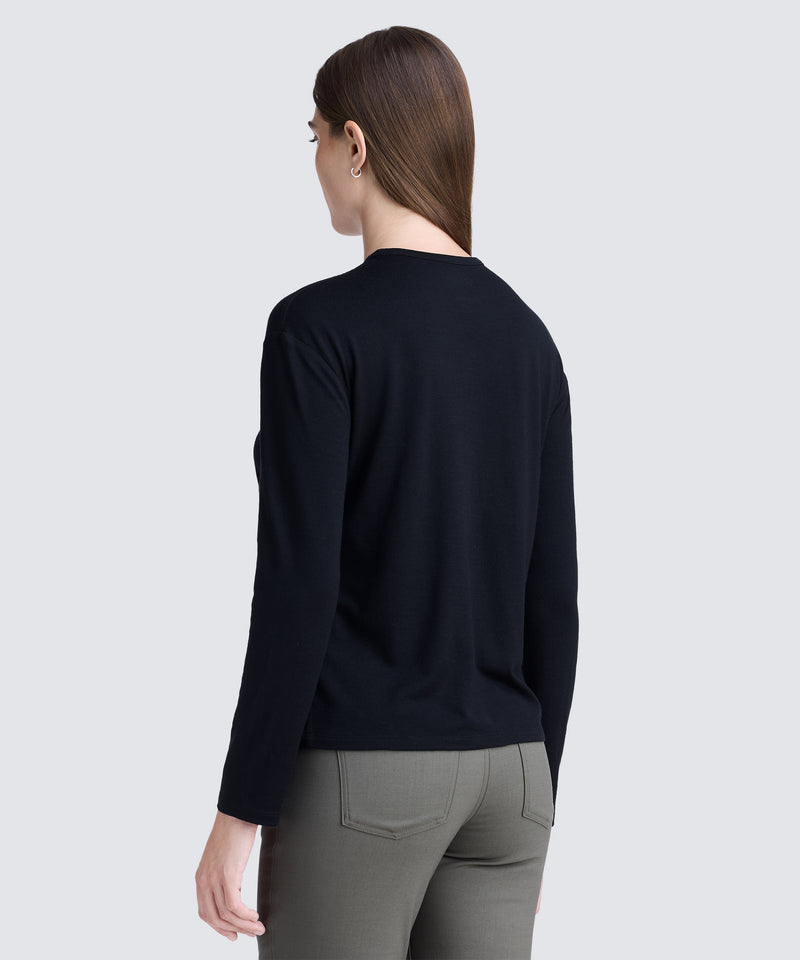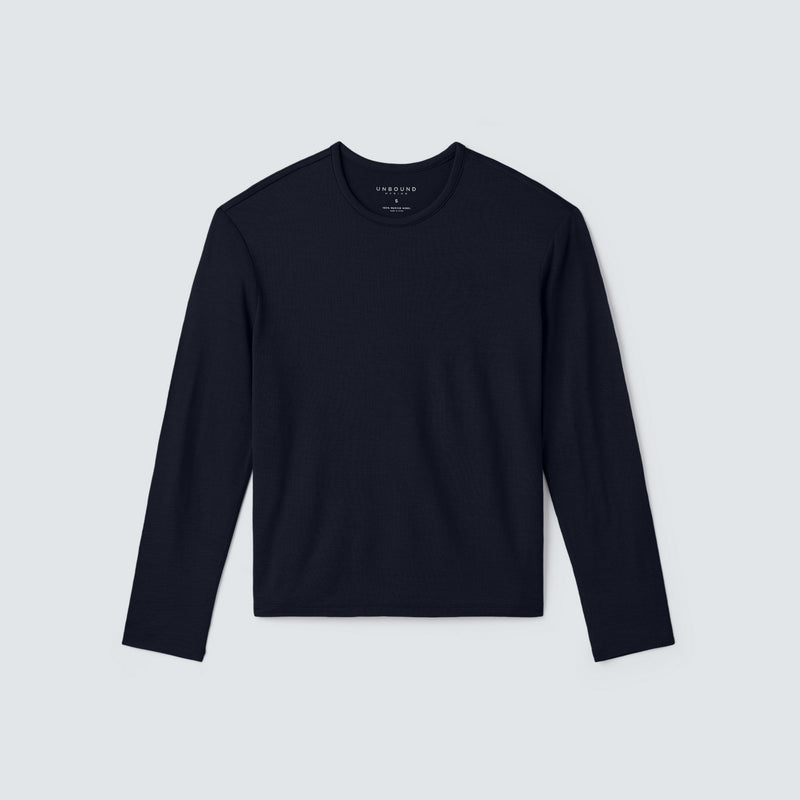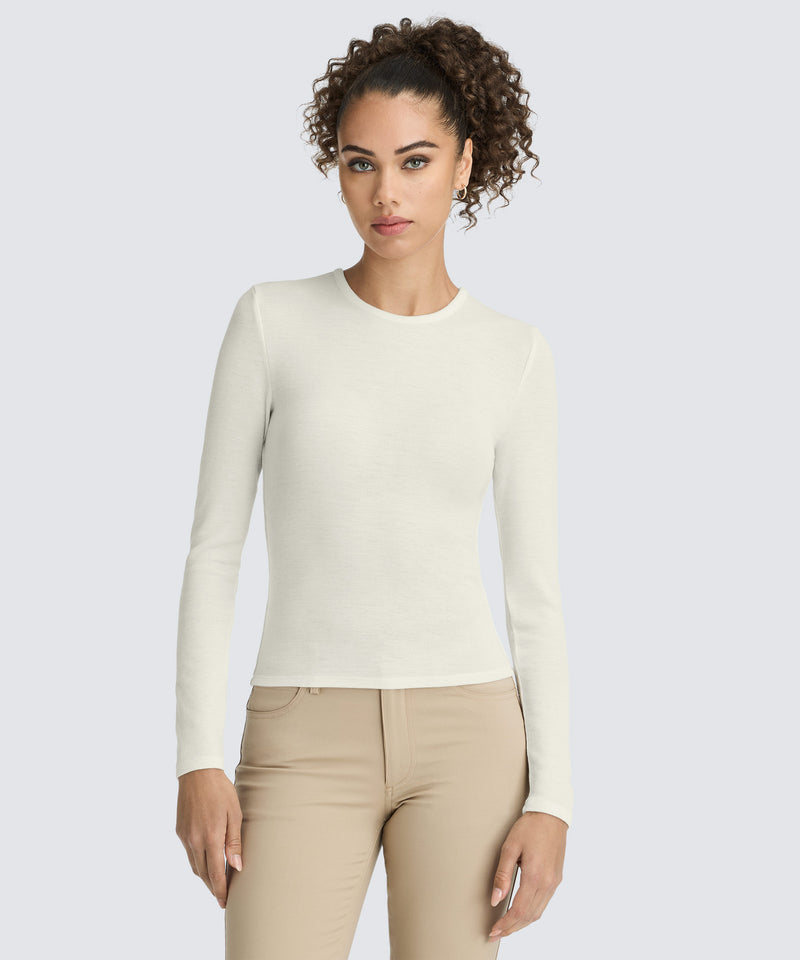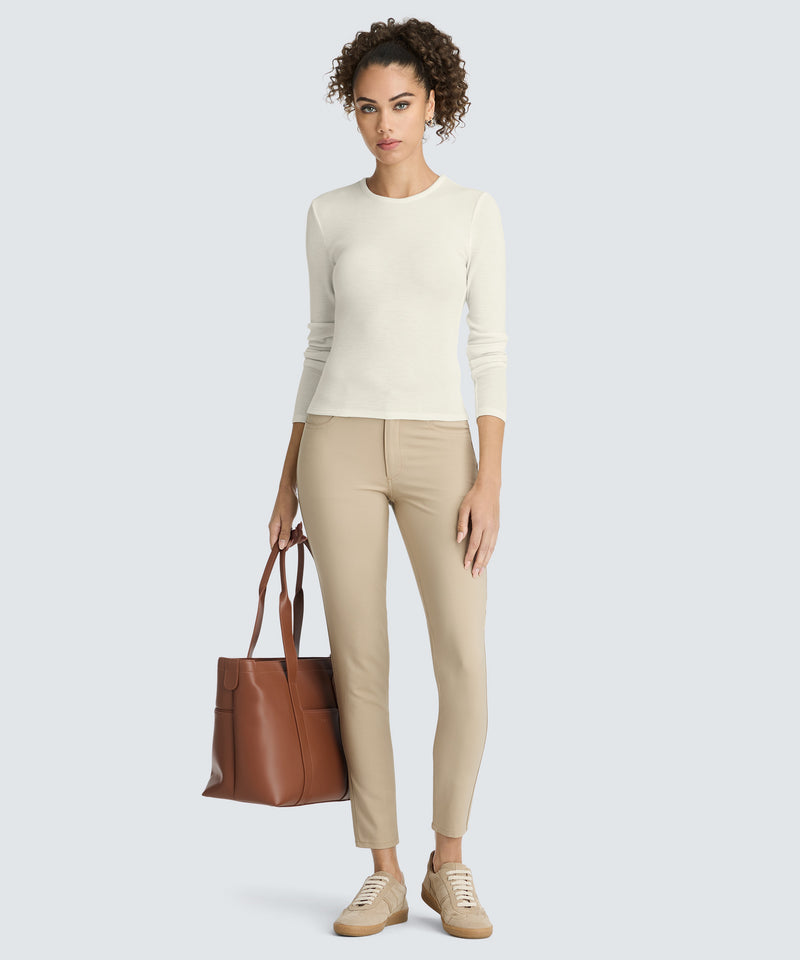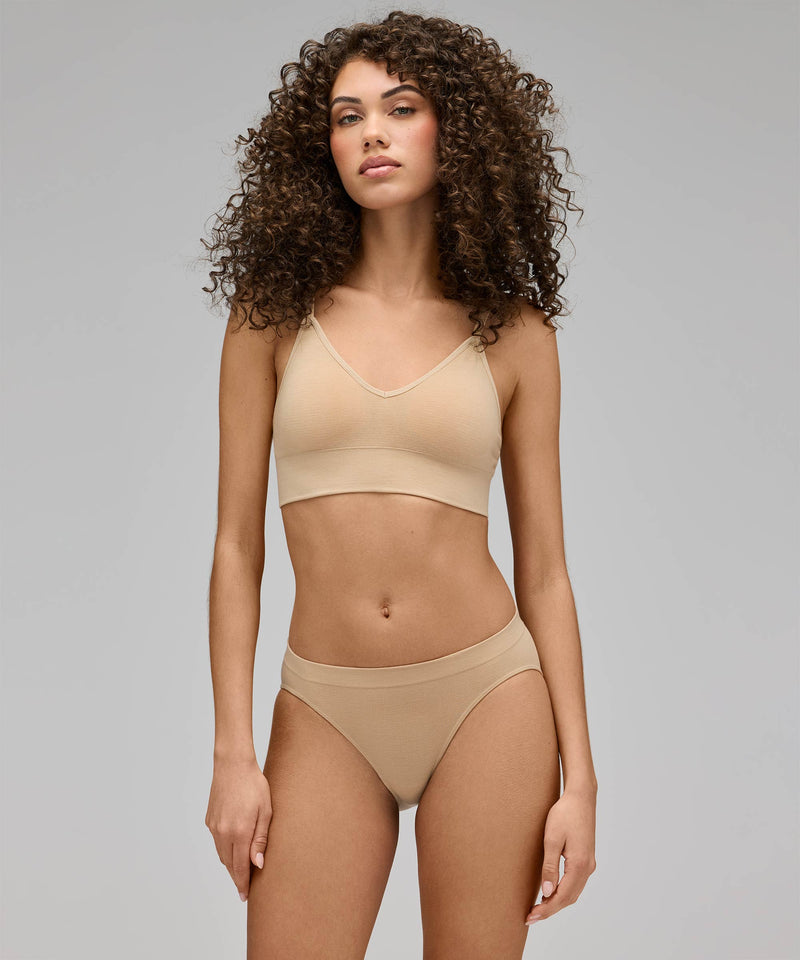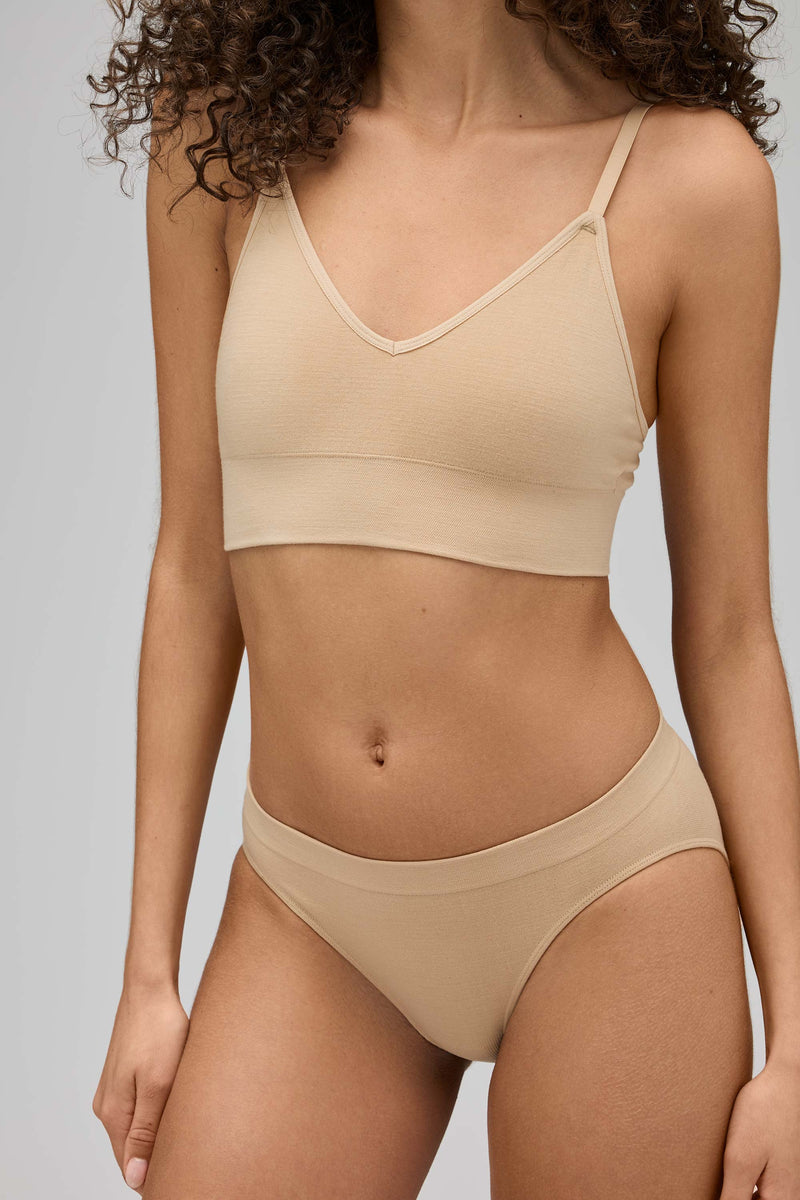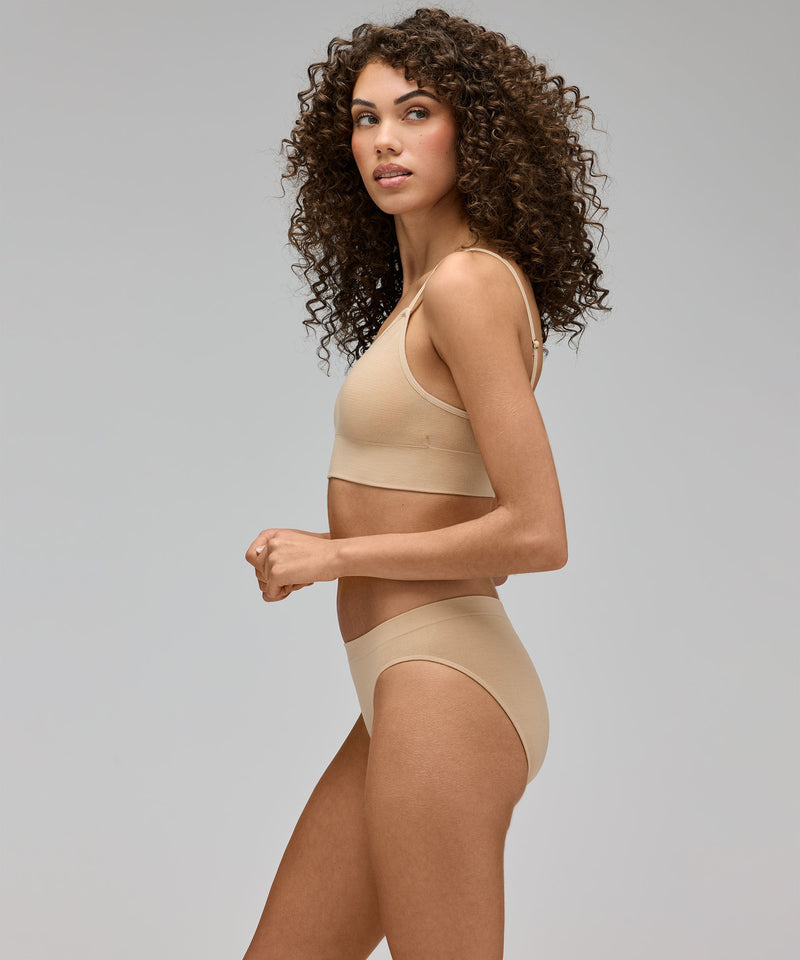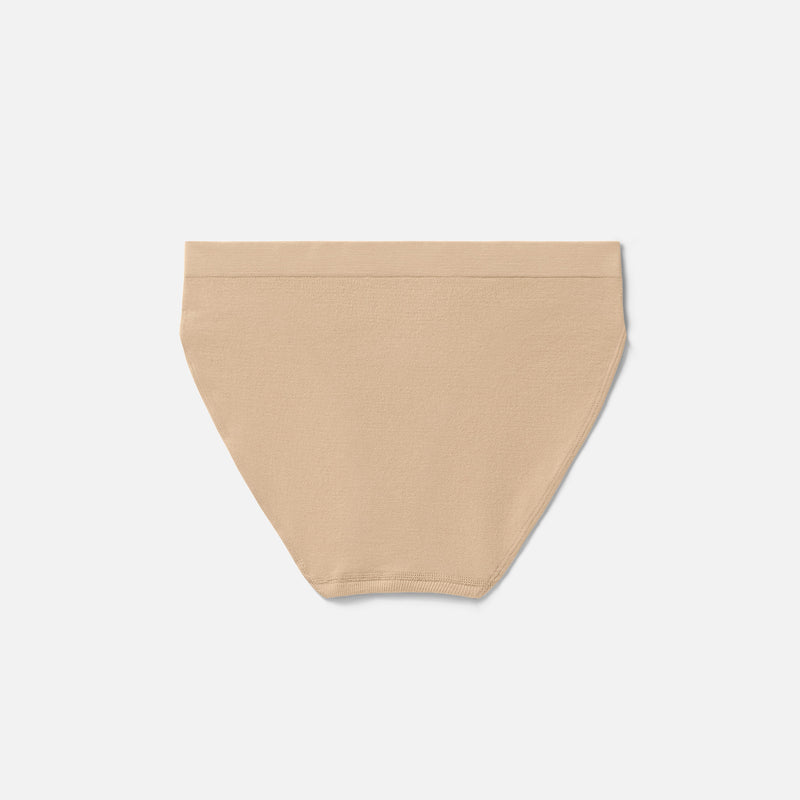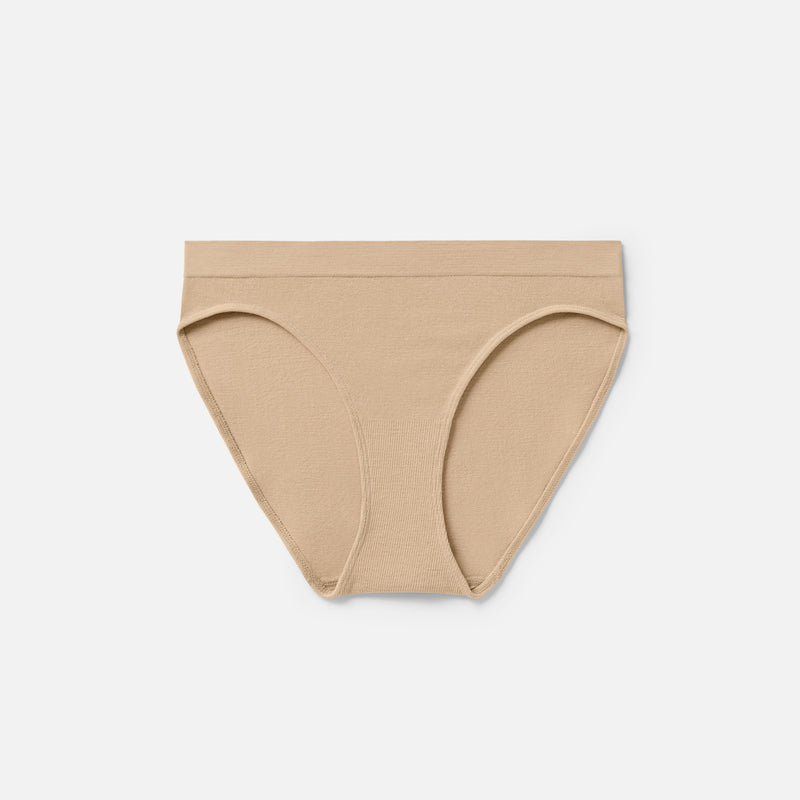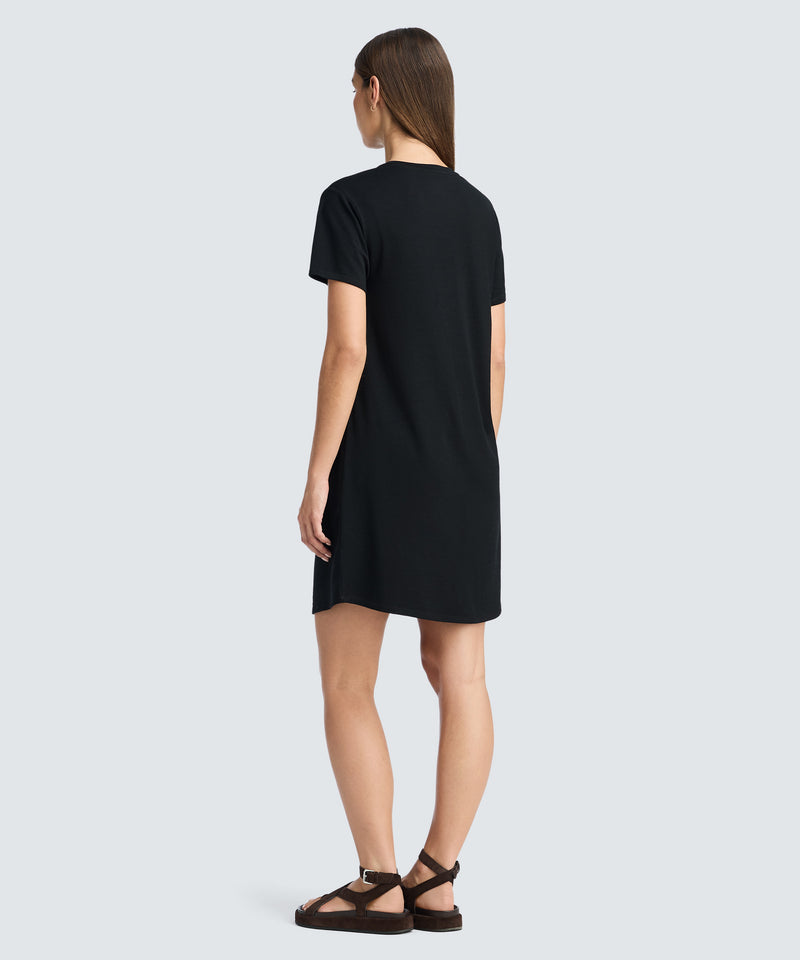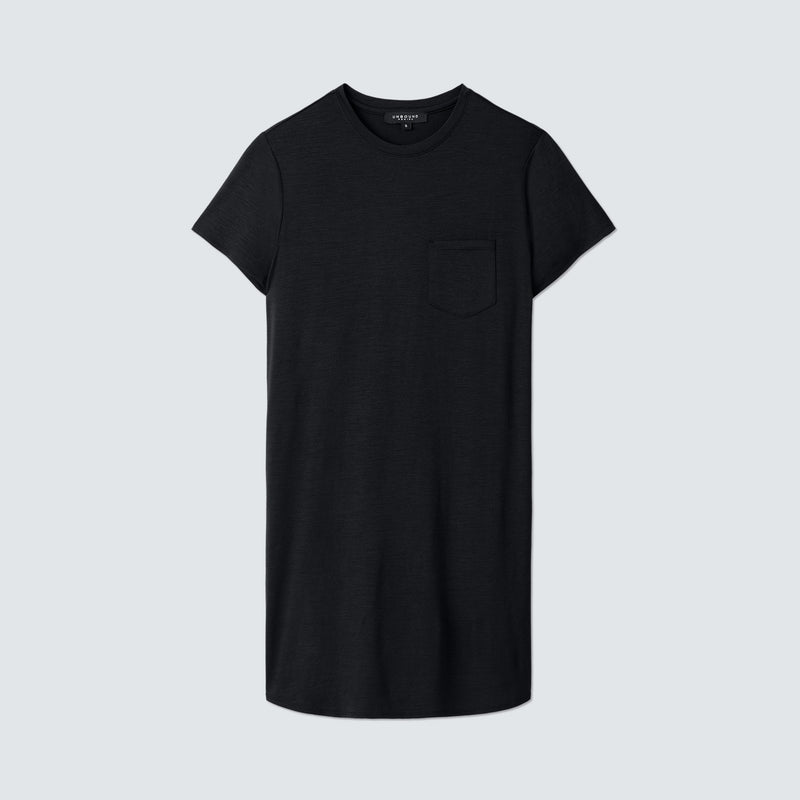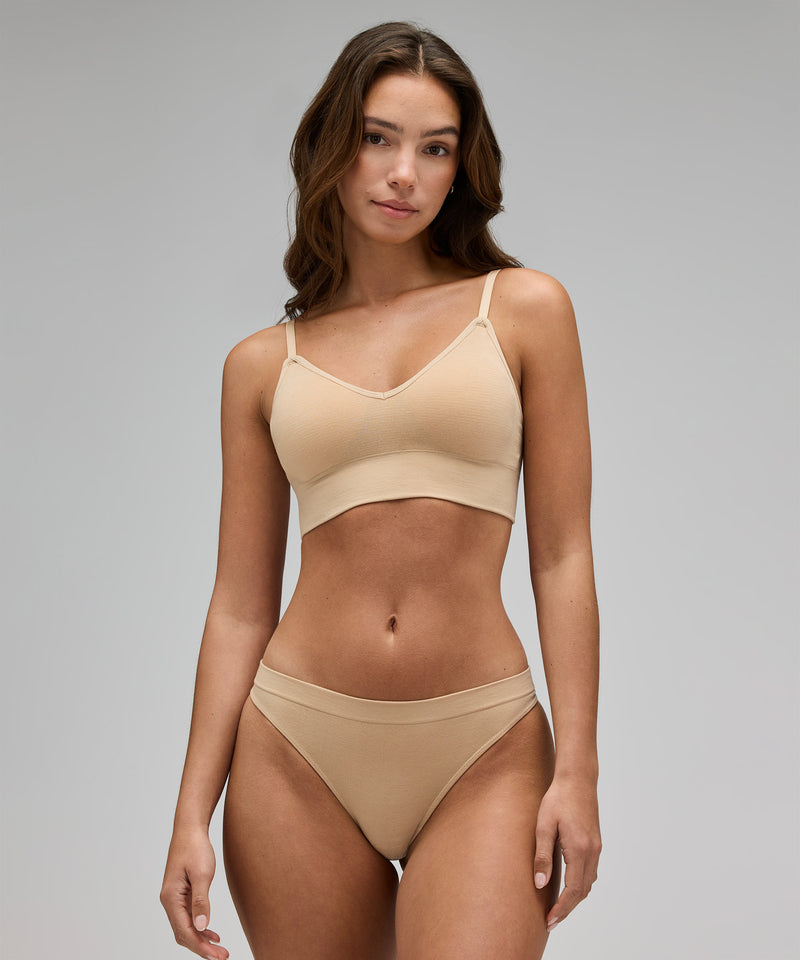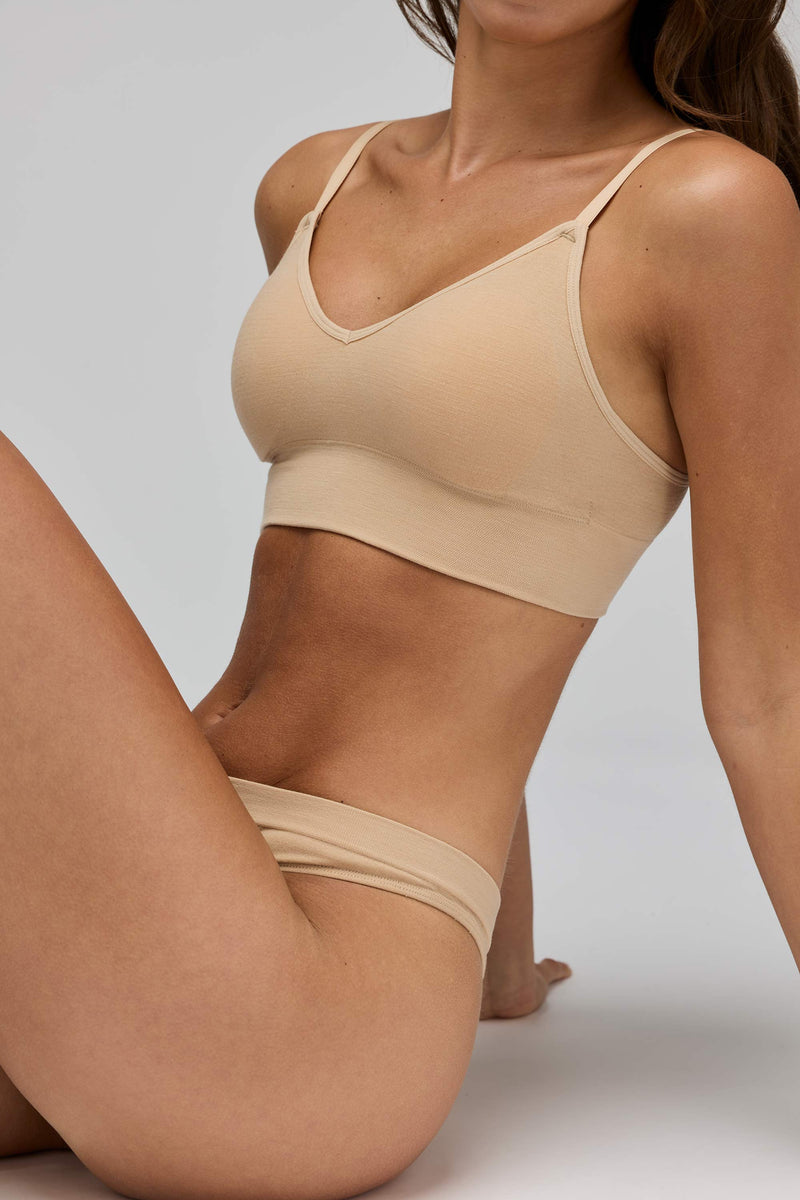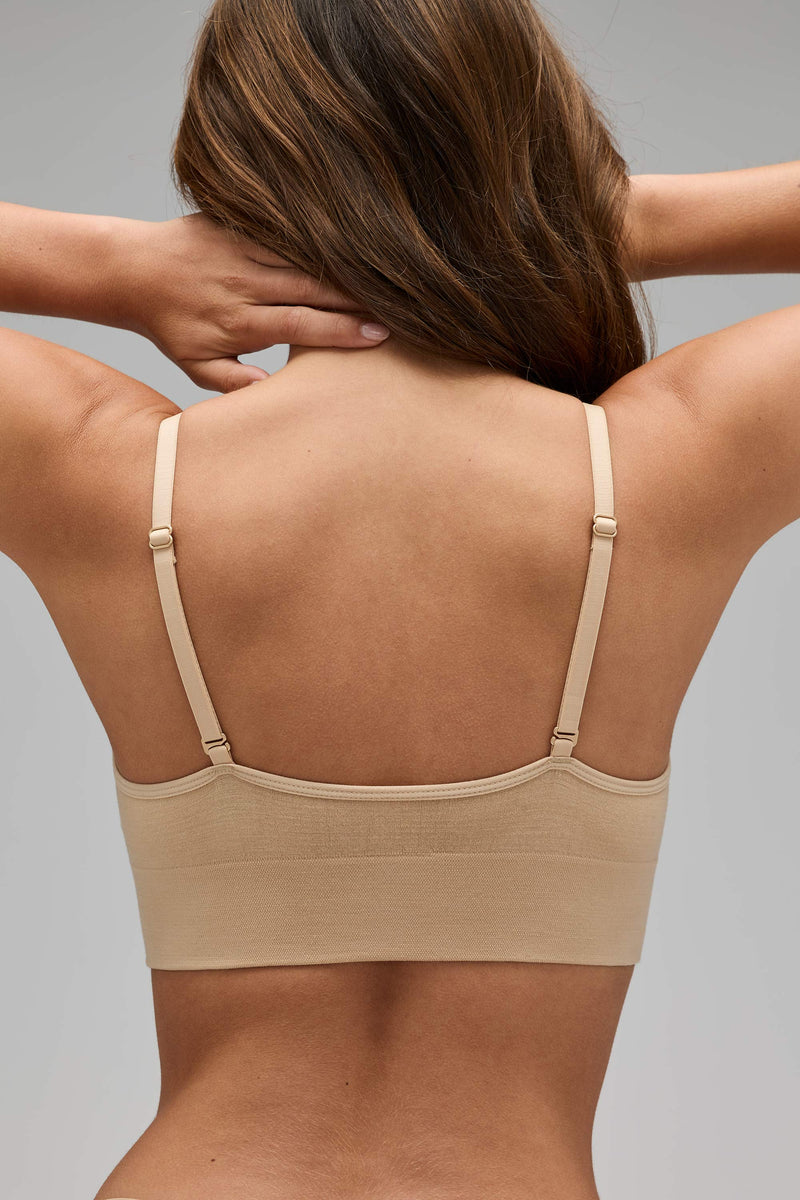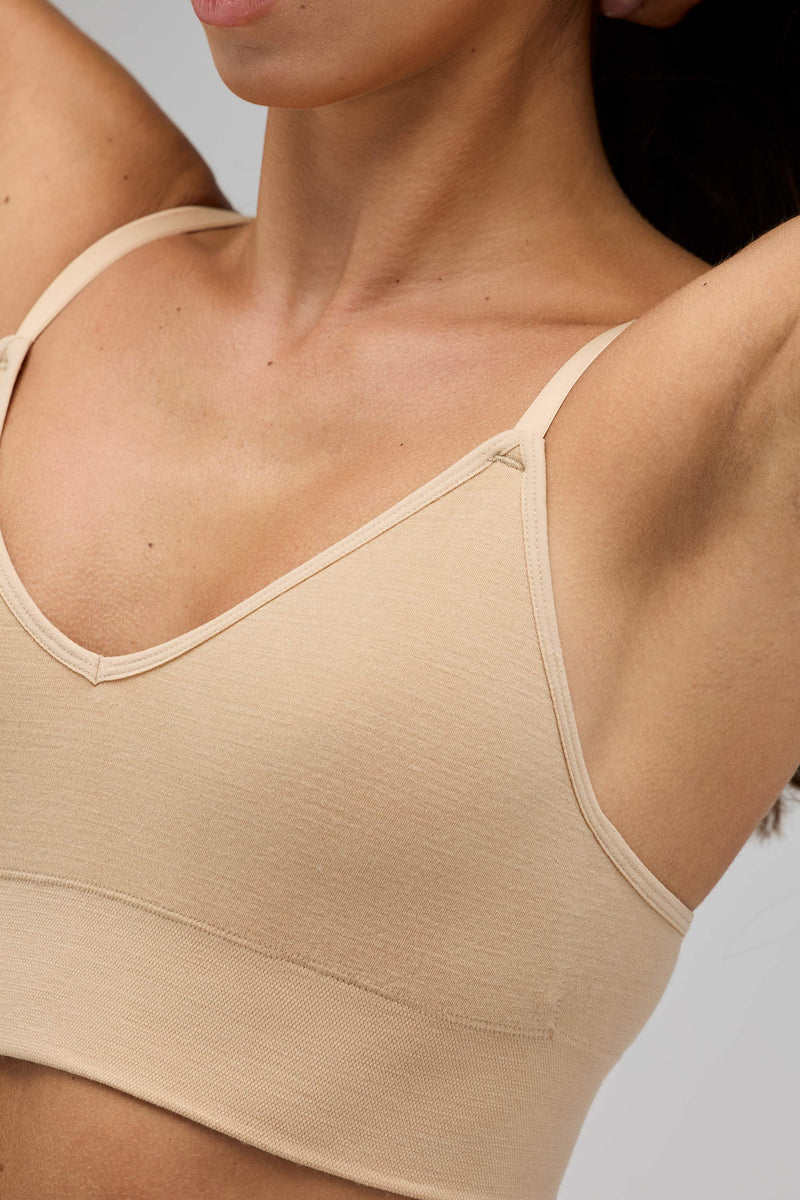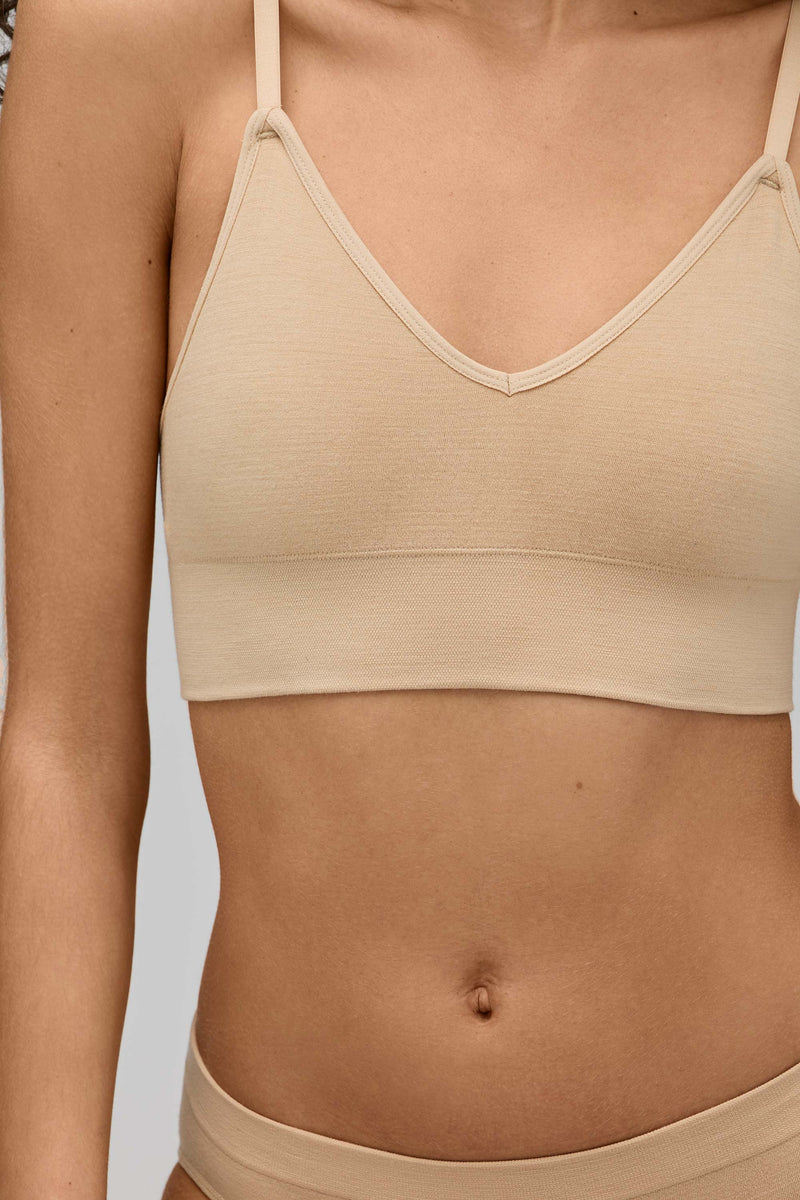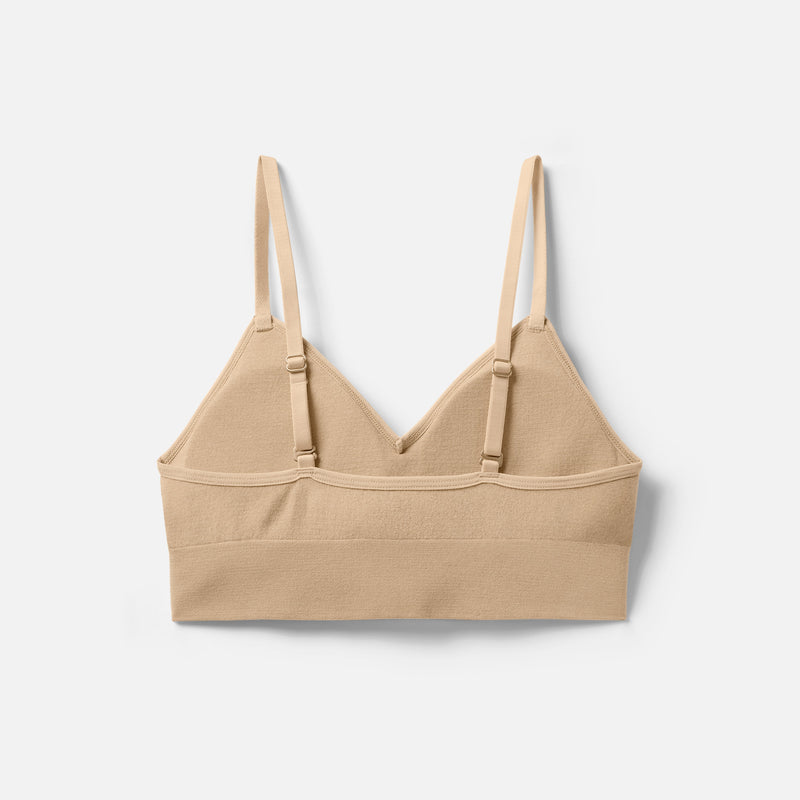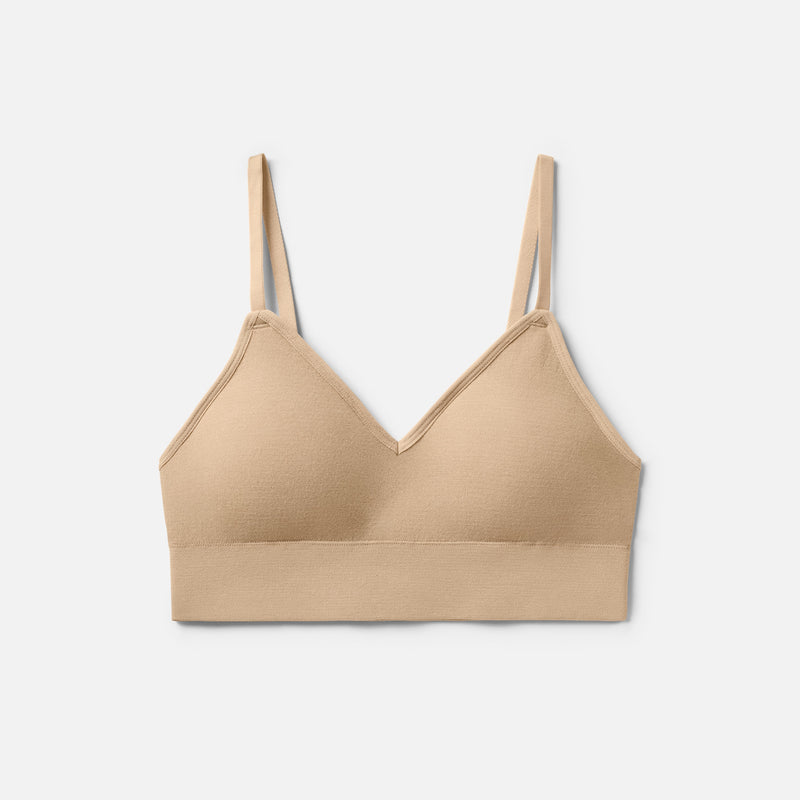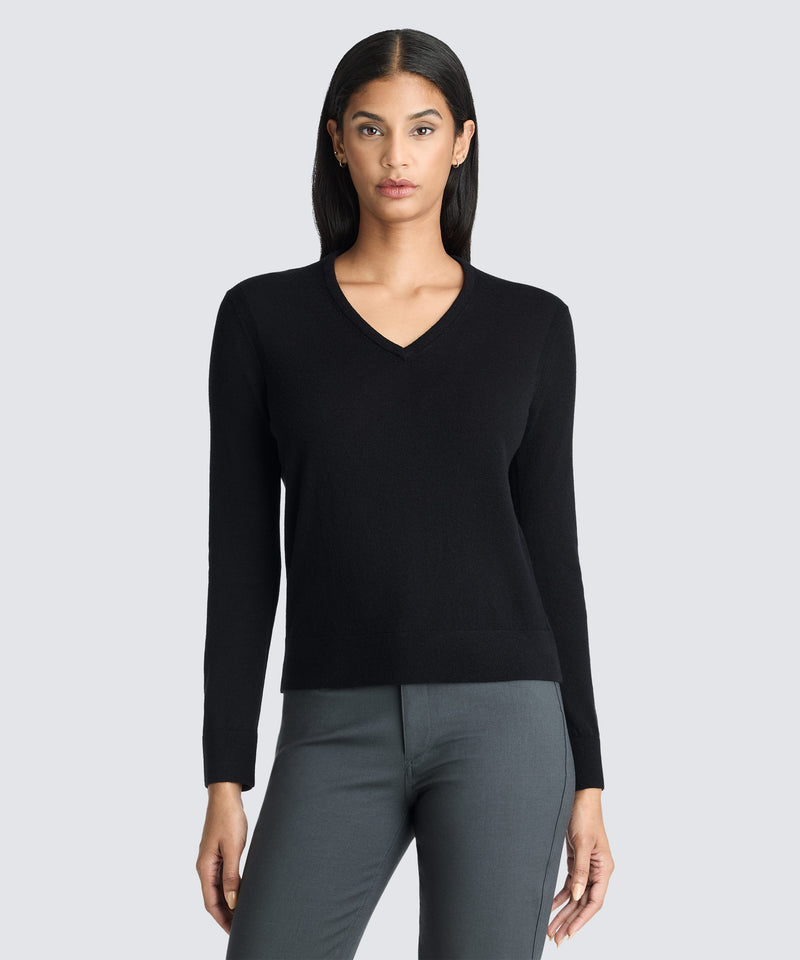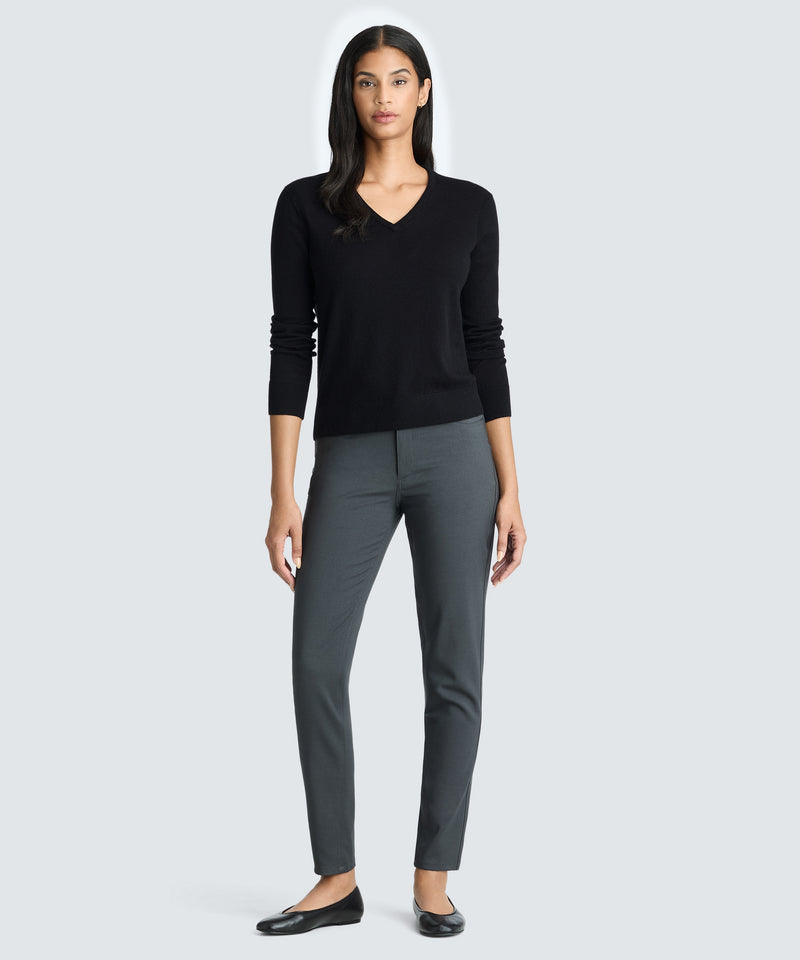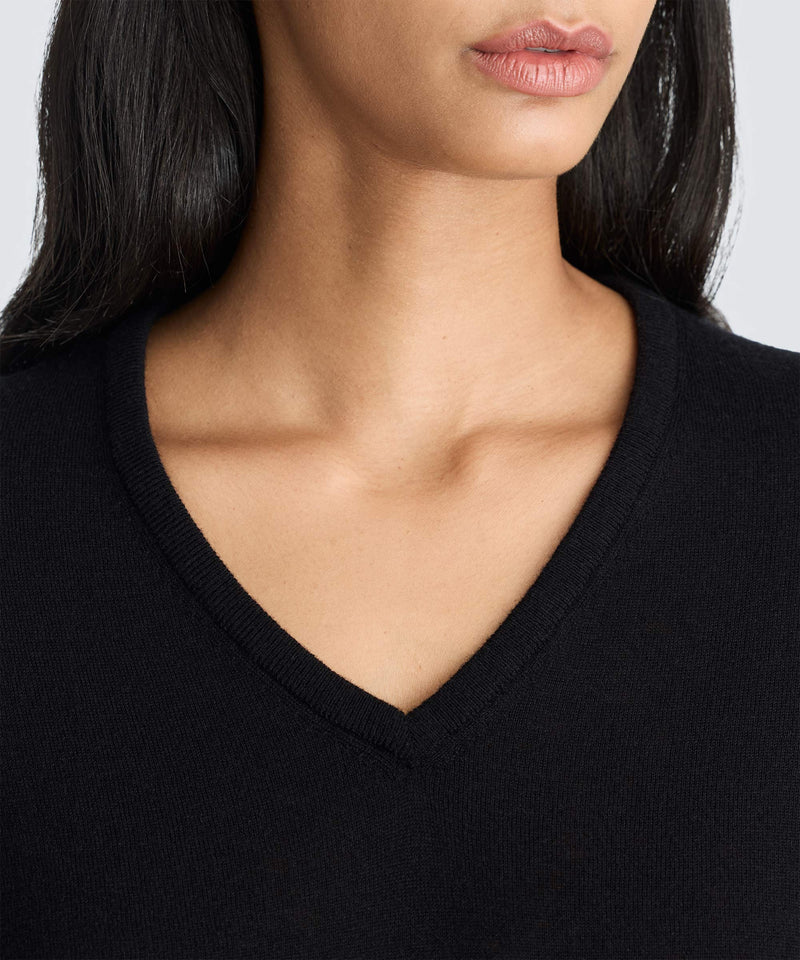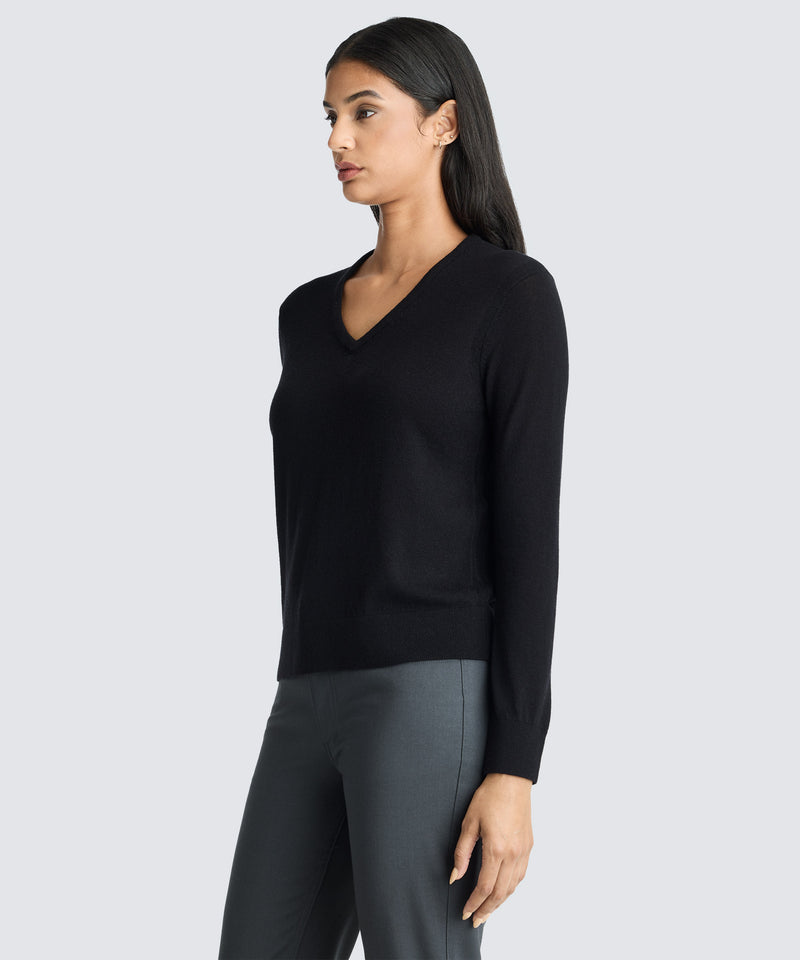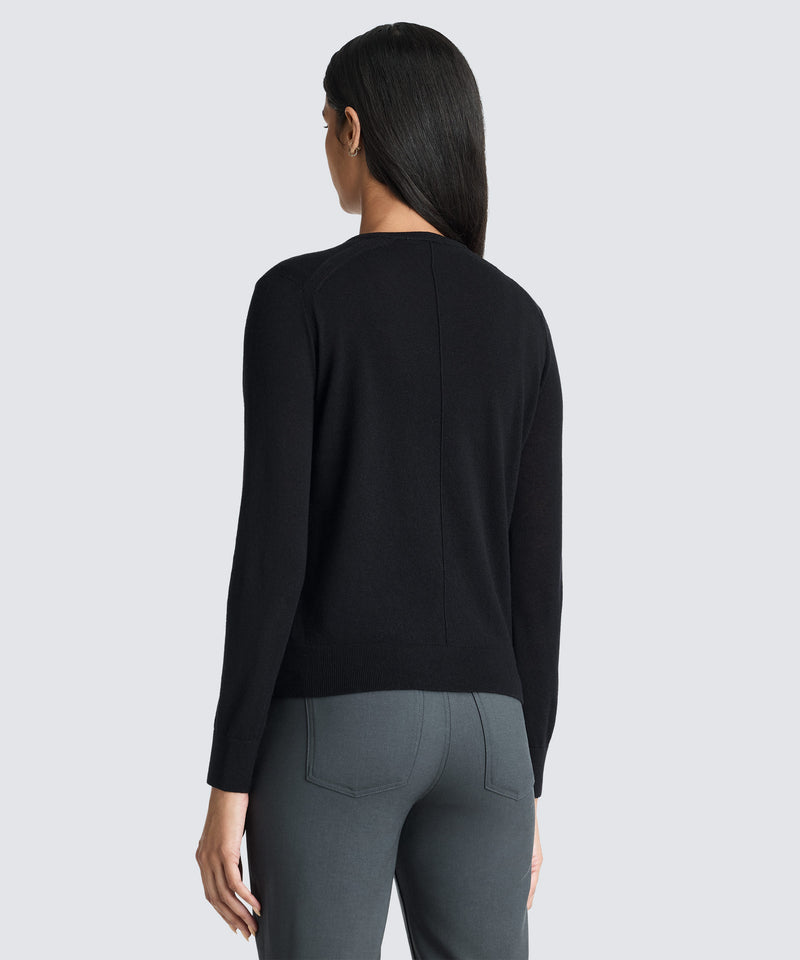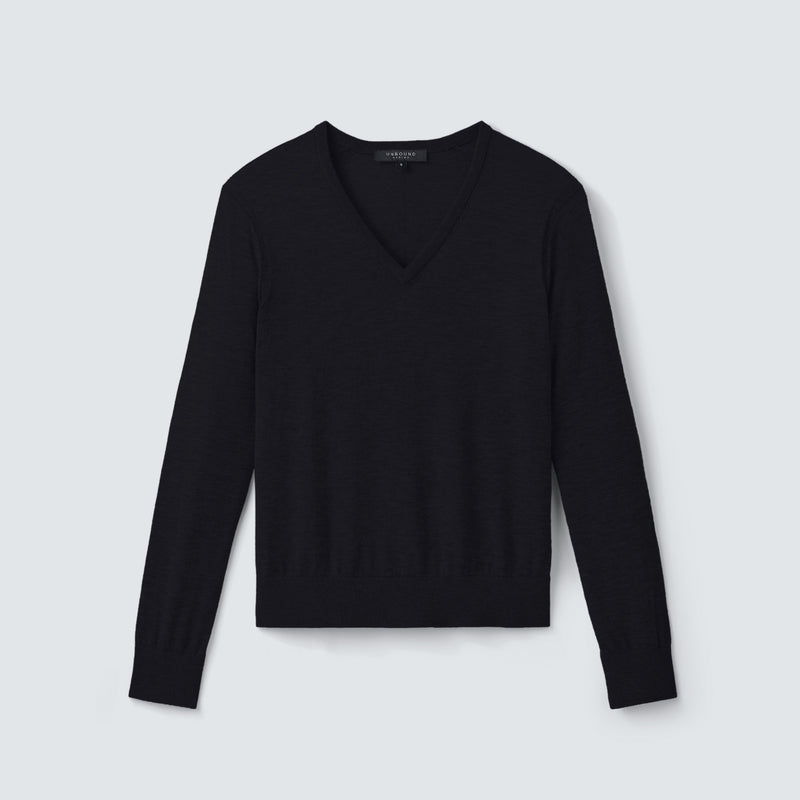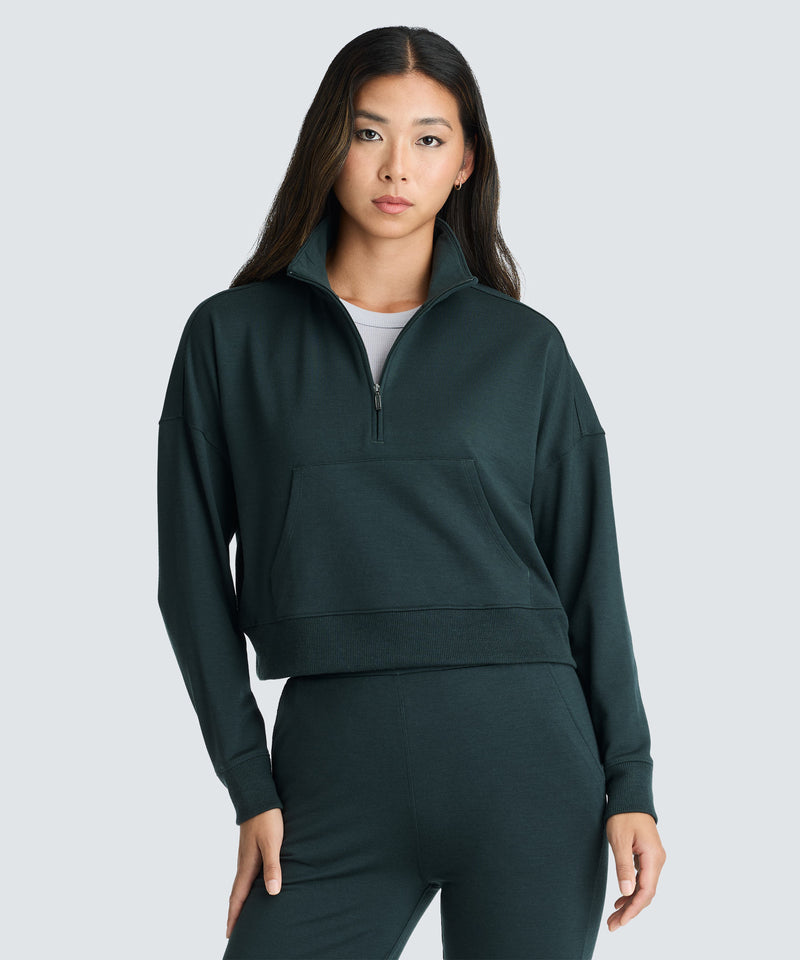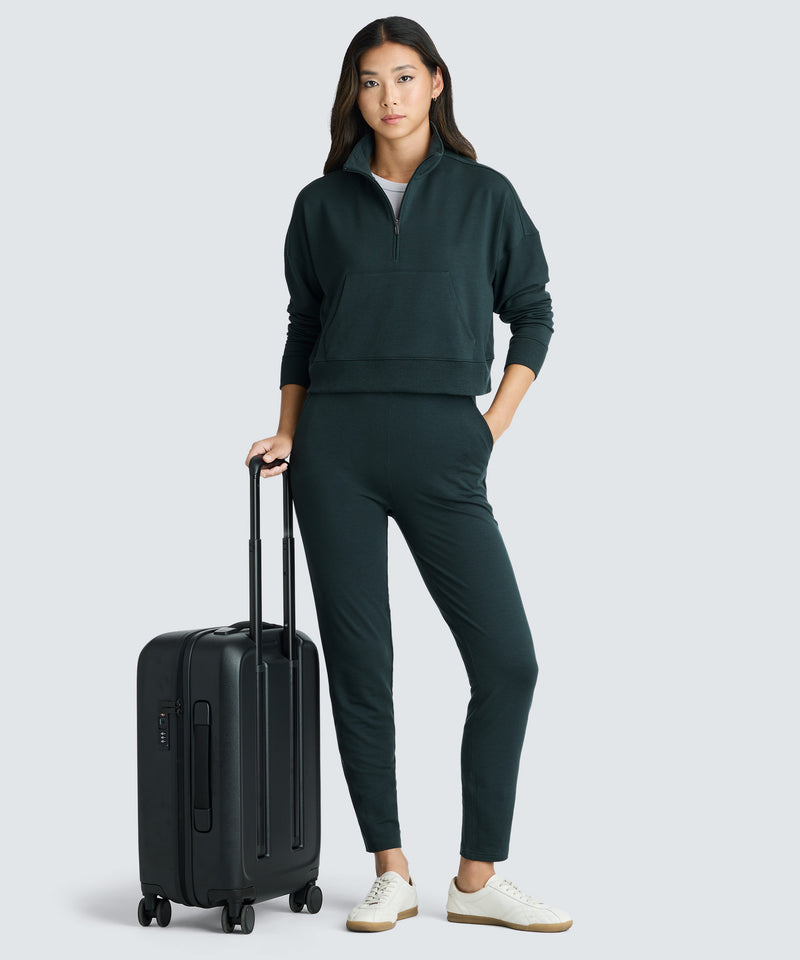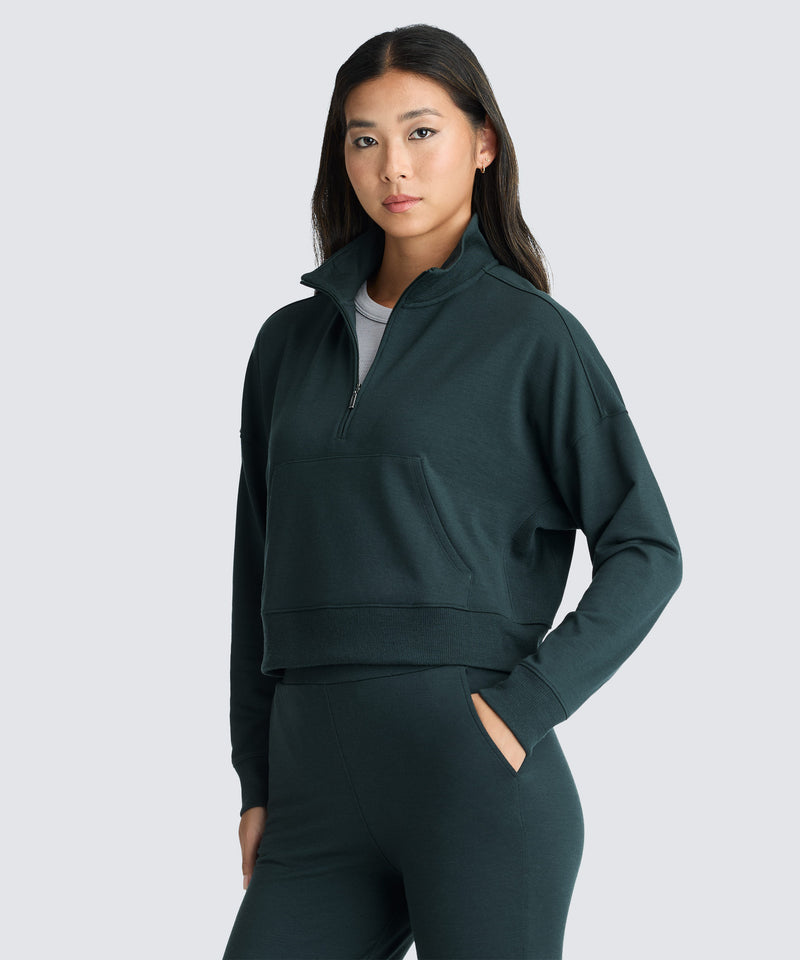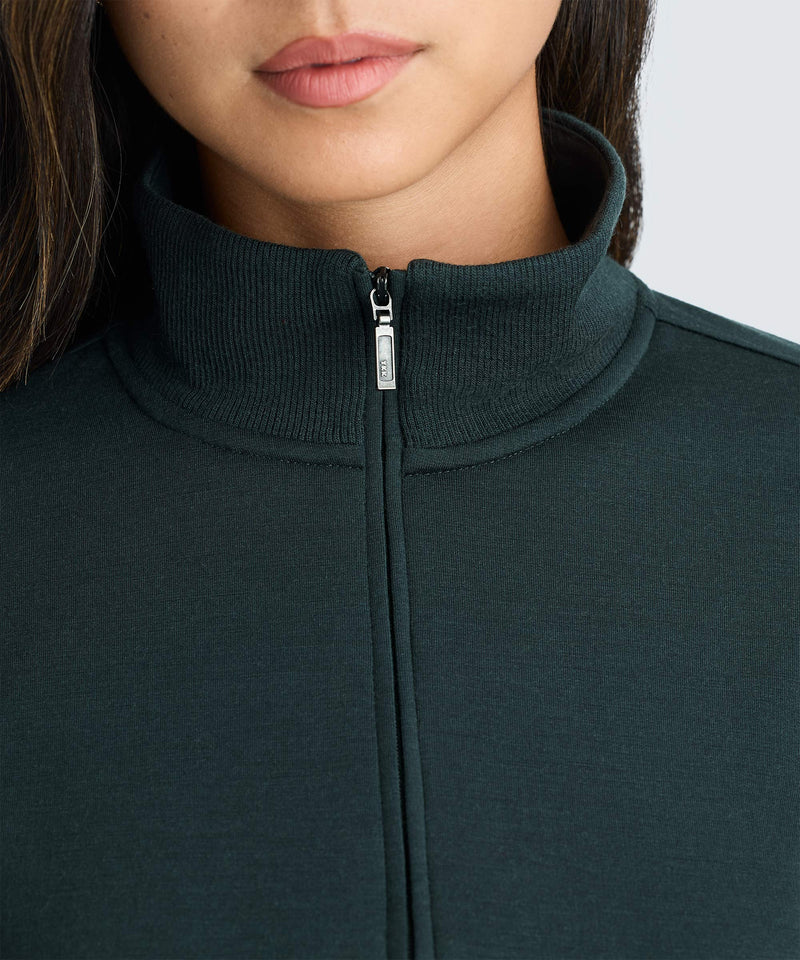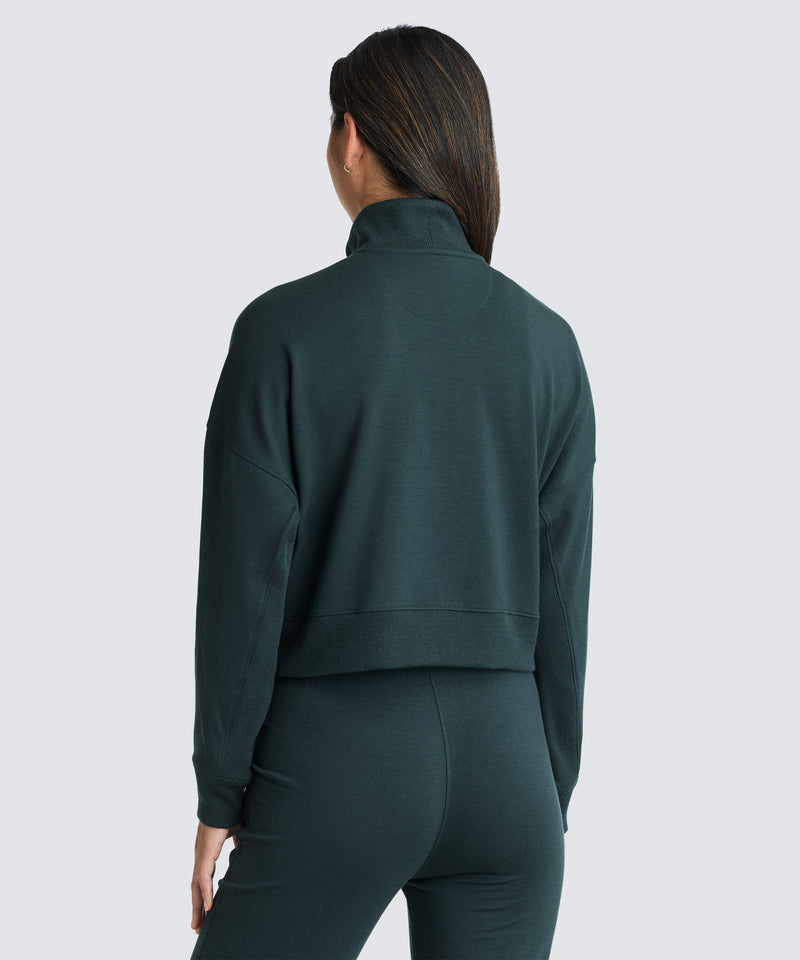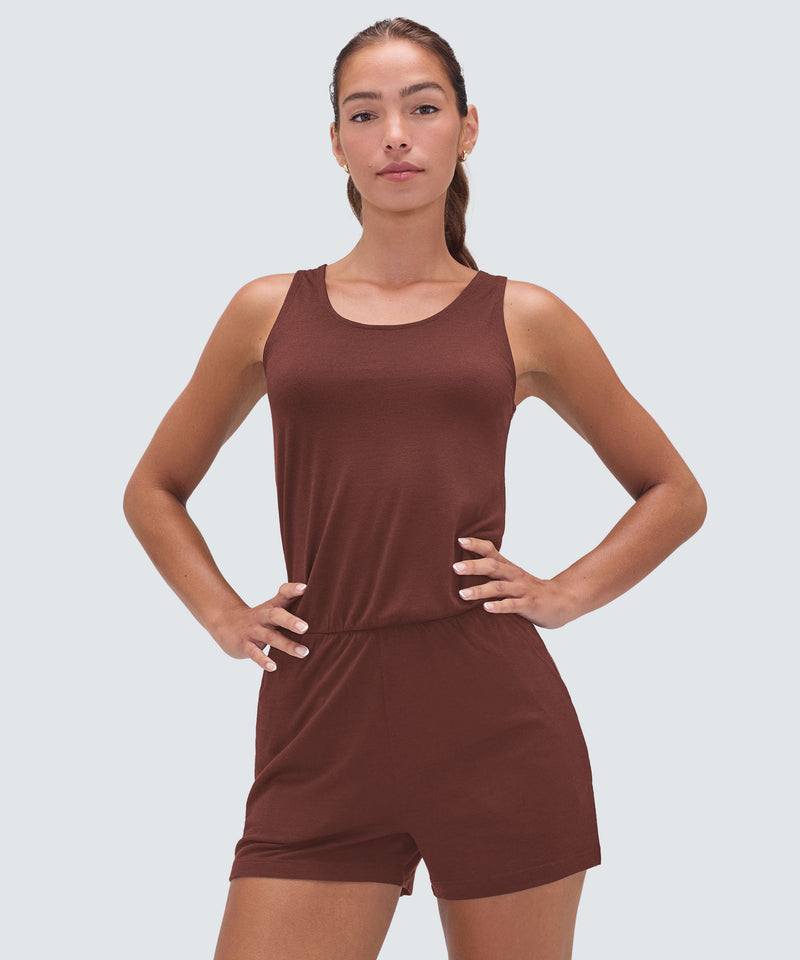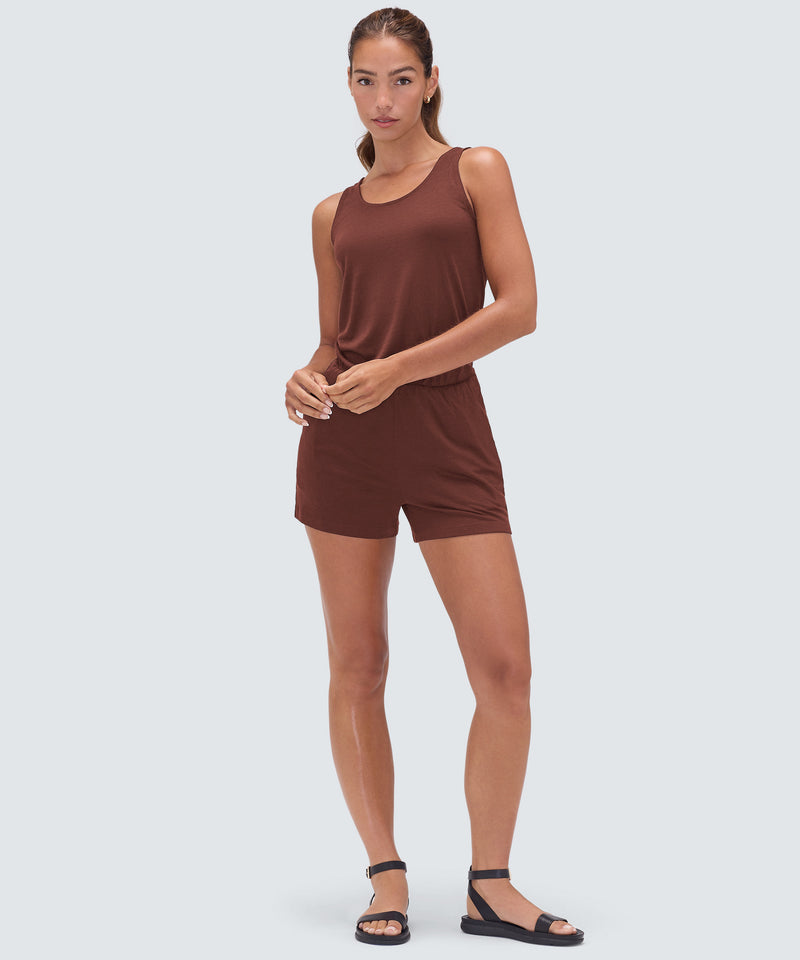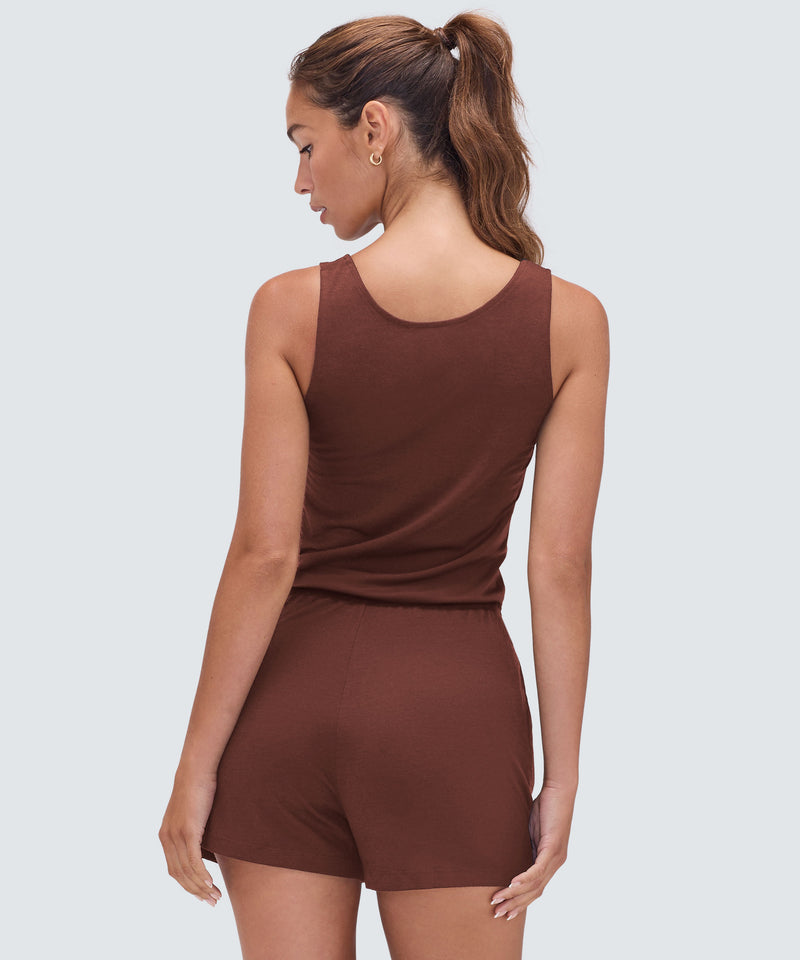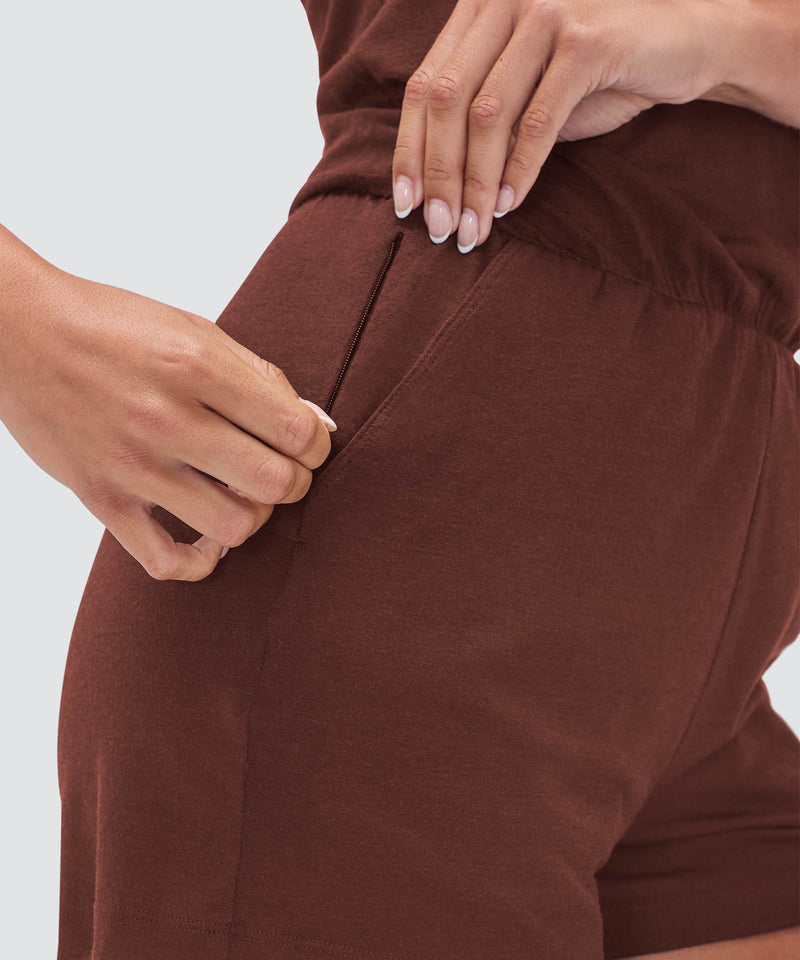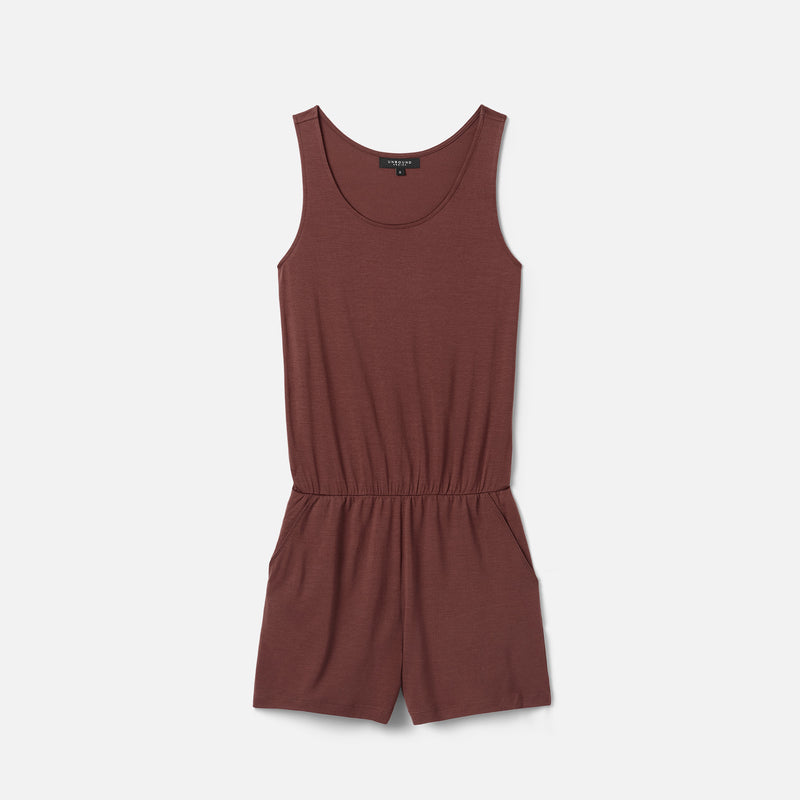Gear and Packing
How to Survive the World’s Coldest Travel Destinations
Updated: May 07, 2022
Most people travel away from the cold, rather than toward it. But there are a select few travelers who would prefer, instead of swaying in a hammock or lying on the beach, to bundle up in their heaviest clothes and brave the extreme cold.
You might think it’s crazy, but it’s really not. Travel doesn’t have to be solely about comfort – it’s good, in fact, to embrace the entire spectrum of human experience, cold weather included. It can give you a more robust understanding of what it’s like to live in another person’s shoes.
And for the trouble of traveling to cold weather destinations, you are rewarded in manifold ways. They are quite often scenic, with the snow and ice reflecting the crystal clear sky. The air is clear and clean. They are often the sites of fantastic activities – skiing, snowshoeing, trekking, etc. And cozying up inside after a day in the cold can be every bit as satisfying as plunging in the water on a hot day.
Not too long ago on this blog, we discussed the hottest destinations in the world, and how to survive those. Now, with the summer winding down and the winter waiting patiently for its time to shine (at least in the Northern Hemisphere), we figured we’d discuss surviving cold travel destinations. We’ll take a closer look at a few of the world’s coldest places of interest, as well as when to go, how to pack and how to stay safe on your freezing cold trip abroad.
The World’s Coldest Destinations

Poll a number of people on the coldest place they’ve traveled to, and probably half the respondents would list a ski resort. For many, skiing and other winter sports tend to be the extent of their experience with cold weather travel. Here, we have opted to include “cold points of interest” – places that are notable either because they get extremely cold, or because they’re fun places to travel, or both.
Winnipeg, Canada
There are colder points of interest in Canada. Iqaluit, in the Northern territory of Nunavut, sees an average of -27 degrees Celsius in the winter months, but nevertheless offers a stunningly clear view of the Northern Lights. Churchill, in Northern Manitoba, may see -26 degrees Celsius in February, but it’s also a prime spot for watching beluga whales. We chose Winnipeg because it’s a rare breed: both an exciting metropolis and an incredibly cold destination.
With over 700,000 people living in Winnipeg, it’s a major population centre in the Canadian prairies, and recognized Canada-wide as a major cultural city. Yet, every winter, residents bundle up in their many layers to greet the dry, freezing weather, sometimes dipping below -25 degrees Celsius. At least there’s hockey to watch – lots of it.
International Falls, USA
Nicknamed “the Icebox of the Nation” – a nickname, by the way, that residents roundly embrace – International Falls, Minnesota has the unique distinction of being the coldest city in the contiguous United States. For almost a third of the year, on overage, the temperature in International Falls is below 0 degrees Celsius.
They really lean into it, too, with the annual Icebox Festival, which features frozen turkey bowling (pretty much exactly what you think it is), a moonlight show shoe hike, and an event called the “Freeze Yer Gizzard Blizzard Run”, which is essentially just an extremely cold marathon. Running in freezing temperatures definitely requires the insulating yet breathable and sweat-wicking powers of merino wool – and in addition to running, you will be ready to hike in any weather with your merino clothing.
Denali National Park, USA
We said International Falls was the coldest city in the contiguous United States – you can’t forget about Alaska. The entirety of Alaska gets pretty frigid in the winter months, but a notable low-point (temperature-wise, not scenically speaking!) is Denali National Park. Centered on the titular mountain, which is the tallest mountain in North America, the national park is a spectacular travel destination, replete with jaw-dropping panoramas and wildlife (including more than a few grizzly bears).
But Denali gets cold. Even in the spring and fall, temperatures are routinely below zero, and the average low in January is -23 degrees Celsius. Walking in that kind of chill, you want merino wool socks to keep your feet warm.
Ulaanbaatar, Mongolia
Nearly 4,500 feet above sea level, resting atop the Mongolian steppes, Ulaanbaatar has the distinct honour of being the world’s coldest national capital. More than that, it’s just a really fun city, with a surprising amount of things to do. The city itself has a lively bar scene, a scenic main square featuring a tall statue of local historical hero Genghis Khan, and a number of Buddhist temples. Book yourself for a number of activities as well, in the outskirts of town: archery, horseback riding, yurt camping, falconry and a number of other rugged adventures.
Harbin, China
Dubbed “The Ice City” in China, for its biting cold winters – the coldest of any major Chinese city – the Northeast city of Harbin sees a lot of national tourists curious about the winter wonderland. Harbin is especially flooded during its annual Ice and Snow Festival, an international showcase of huge, grandiose ice sculptures, including lit-up buildings you can tour through. For the foodies, Harbin is also the guo bao rou, the original sweet and sour pork dish.
The surrounding area experienced a near-record low temperature of -44.5 degrees Celsius last year. If you go in the winter – and you should, because it’s stunning and fast-paced – pack warm. To learn more about how merino wool keeps you warm without overstuffing your luggage, read this: your guide to understanding merino wool clothing.
Oymyakon, Russia
Finally, we come to the coldest inhabited place on planet earth – Oymyakon, in Northern Siberia. You will probably never travel here, unless you are so dedicated to feeling cold that you procure a Russian visa, get to Moscow, then fly to Yakutsk, then take a slow train into the freezing abyss. It has been done; in fact, there is an annual “Pole of Cold” expedition you can join that travels to Oymyakon.
Unlike Harbin above, foodies might be dissuaded from visiting Oymyakon. Their typical culinary offerings include, “raw flesh shaved from frozen fish and ice cubes of horse blood with macaroni”.
Choosing a Time to Go
Of course, unlike traveling to extremely hot places, which tend to maintain their heat throughout the year, even the coldest inhabited places are pretty mild in the summer. Even Oymyakon experienced a high of 23 degrees Celsius this past summer.
That said, if you want to proverbially “dip your toes” in the frozen lake, experiencing a cold weather destination without experiencing it at its coldest, travel in either the fall or spring. These seasons might be enough to get the gist of the cold weather, without freezing your face off.
If you want to lean into the experience, however, there is no better time to go than winter. In cities known for their cold, winter often brings cultural celebrations and community events. The aforementioned Ice and Snow Festival in Harbin and the Icebox Festival in International Falls are only two examples. This article from the Travel Channel lists a number of other travel-worthy winter festivals.
What to Pack
Where freezing cold weather is concerned, it is imperative to pack thoughtfully and thoroughly. At Unbound Merino, we believe in packing light, and that can still be done for cold weather destinations – but the priority here is pack for comfort and safety, regardless of how large your suitcase ends up. Merino wool is the best clothing for travelling light but needs to be supplemented with outer layers to adequately repel the cold.
Base Layer
Layers are the trick to staying warm and they start with an insulating base layer. This is an area where merino wool performs exceptionally well. It’s a popular choice among hikers, trekkers and other extreme weather adventurers, because of its warmth, sweat-wicking, fast-drying capability and anti-microbial odour-blocking. When compared against other base layer materials, it usually comes out on top for warmth and wicking. You can also refer to our own guide to see why merino wool is the best clothing material overall.
Your base layer should include socks, underwear and a long-sleeve crew-neck merino shirt, all of which you can find through our store in stylish shade options. For below zero temperatures, you should also pack synthetic long underwear as part of your base.
Pants
Simple jeans often suffice to wear overtop a base layer of the warmest boxer briefs you will ever own and optional thermal underwear. Not only are they warm enough, but they tend to compliment whatever else you’re wearing, and are a far cry from the bulky snow pants you might remember growing up.
Sweatshirts
For a middle top layer, pack a couple insulating sweatshirts or sweaters. Use your discretion here; if it’s very cold where you’re going, you can justify a heavy sweatshirt and a heavy coat, but most cold places require one or the other.
Coat
A down jacket or parka overtop your middle layer completes the top, keeping you warm enough to explore your destination. Again, depending on the temperature, you may only need a lightweight shell, or you may need a hooded, insulated (down or otherwise) parka. Defer to this winter coat buying guide for more information on which coats are appropriate at what temperatures.
Headwear
A beanie, or toque, is never a bad thing to pack, as it covers your head and ears in warm material. It is quite often enough. In extreme cold, however, you might consider balaclavas or bomber hats (those insulated ear-flap hats that Russians wear in the movies). Regardless, you should pack some kind of headwear.
Boots
Don’t pack shoes. Pack boots. They provide better protection, insulation and tread, all while looking cool with just about any winter outfit. The boots you choose may depend on the precipitation at your destination – leather boots don’t perform perfectly in the snow, but with proper treatment they can work. Look into “Sno Seal” if you want to waterproof your leather boots for travel.
Warm Accessories
Once you have your basic outfits devised, start thinking about “blind spots”, parts of your body that aren’t covered, or are covered inadequately. These might be your hands, your neck, your ears, etc. Pack a scarf, gloves and (optionally) earmuffs for total body coverage from the cold.
Lip Balm & Lotion
Cold weather destinations are often notorious for their dryness. Left untended in these arid tundra, your skin can get uncomfortably itchy and your lips can crack and hurt. Don’t forget to pack lip balm and some kind of skin moisturizer.
Sunglasses
Finally, especially for destinations of abundant snow and ice, sunglasses can save you a lot of painful squinting. Snow and ice make a perfectly slick reflector for the sun’s unclouded rays, so staring out at an icy landscape can feel as searing as staring at the sun. As is often the case, Wikihow has a surprisingly exhaustive and informative rundown on how to choose the right sunglasses.
Safety Tips for Extremely Cold Destinations
As we’ve made apparent above, in order to stay safe out there, dress for the weather. In advance of packing, check out the average temperature at your destination for the time you will be there. Using that as a guide, pack the appropriate clothing. Don’t worry too much about minor temperature fluctuations; for a wide range of temperatures, wool clothing can be comfortable insulating and breathable.
It’s also important in freezing conditions to stay dry. Moisture on your body can freeze quickly and drop your body temperature, or, worse yet, cause frostbite. That means, somewhat counterintuitively, if you are sweating too much you should remove a layer of clothing to allow the moisture to dissipate – a tip courtesy of the Canadian government’s cold weather preparedness guide.
To keep a line of communication open, in case something happens to you, have a cell phone on you, and keep it in a warm spot, like your pocket. Cell phone batteries have a nasty habit of draining quickly in sub-zero temperatures, but even keeping it in your pocket, next to body heat, should be enough to warm it.
Finally, if you plan on driving, be prepared for hazardous conditions and breakdowns. To prepare for the former, ensure you get a car that is properly winterized, with winter tires and non-freezing windshield wiper, etc., and brush up on how to drive in slick conditions.
For the latter, pack an emergency kit for the car – breaking down on the roadside is one thing, but doing so in freezing temperatures is another thing entirely. A spare phone, spare phone battery, flashlight, blanket, water and snacks are a few of the things you might consider packing.
If you’re the type of traveler tired of the same old sunny beaches, who wants to explore the colder corners of the earth, we say you should go for it. Just remember to choose your times wisely, pack accordingly and stay safe when you travel.




















